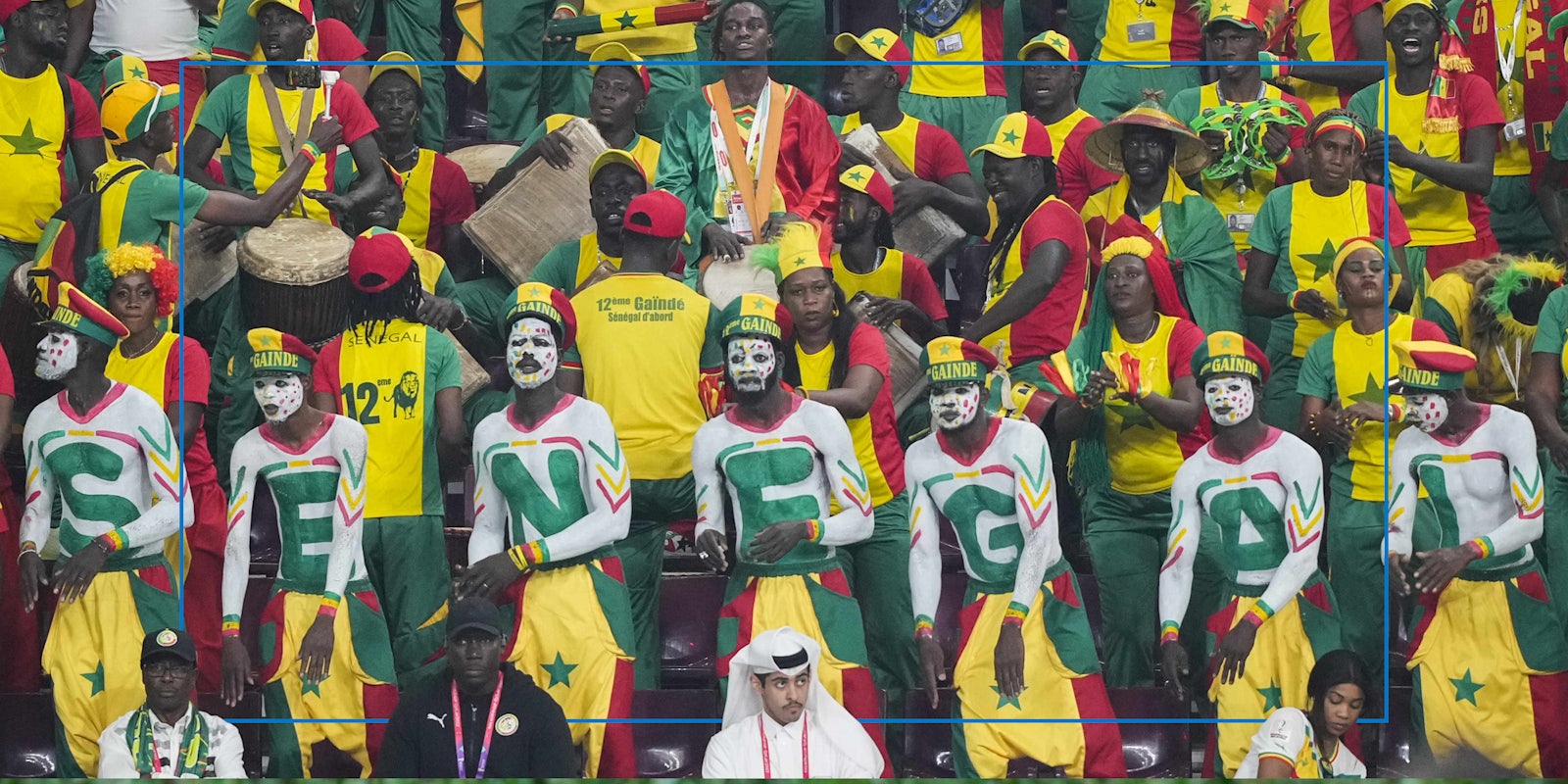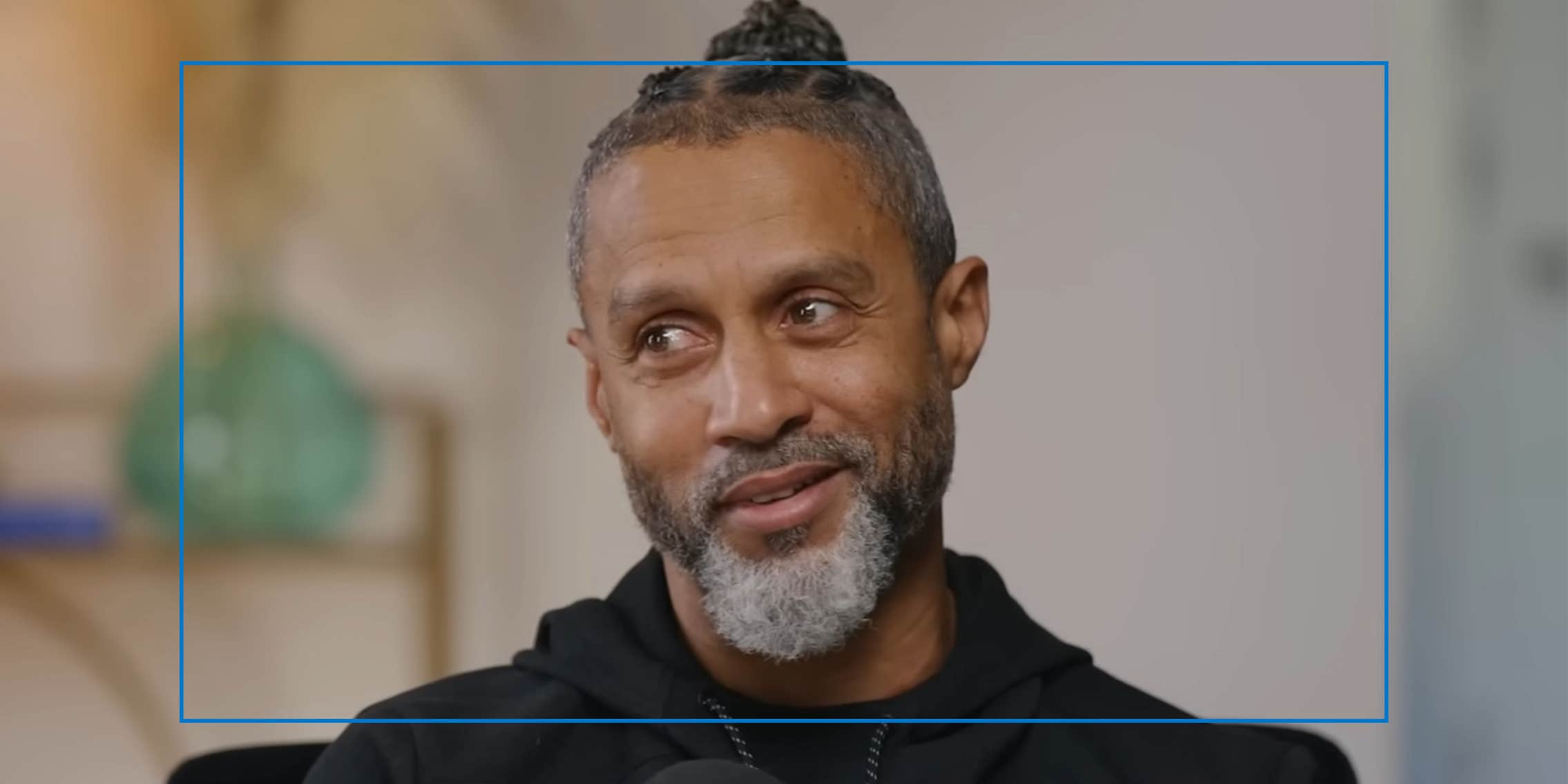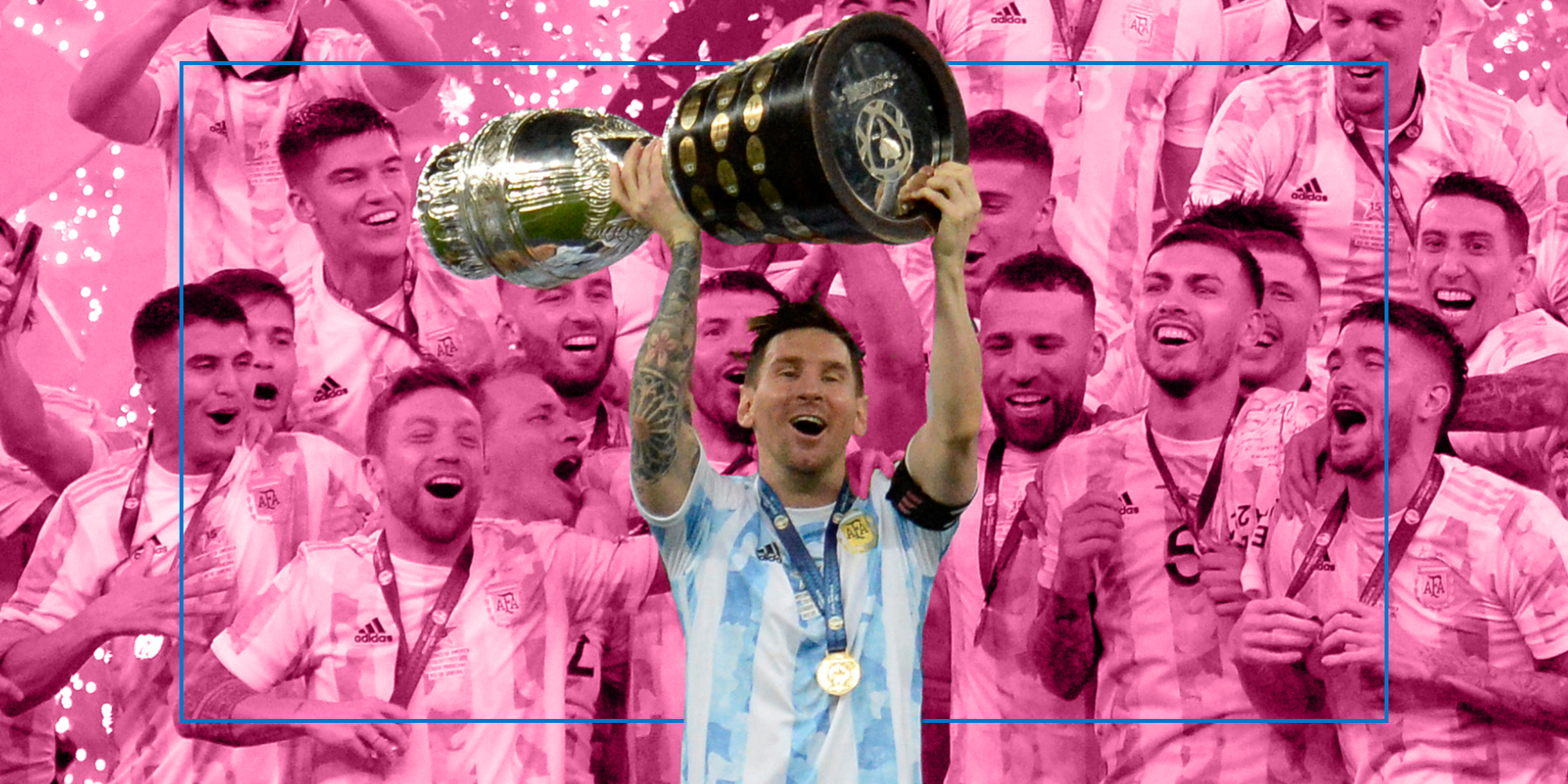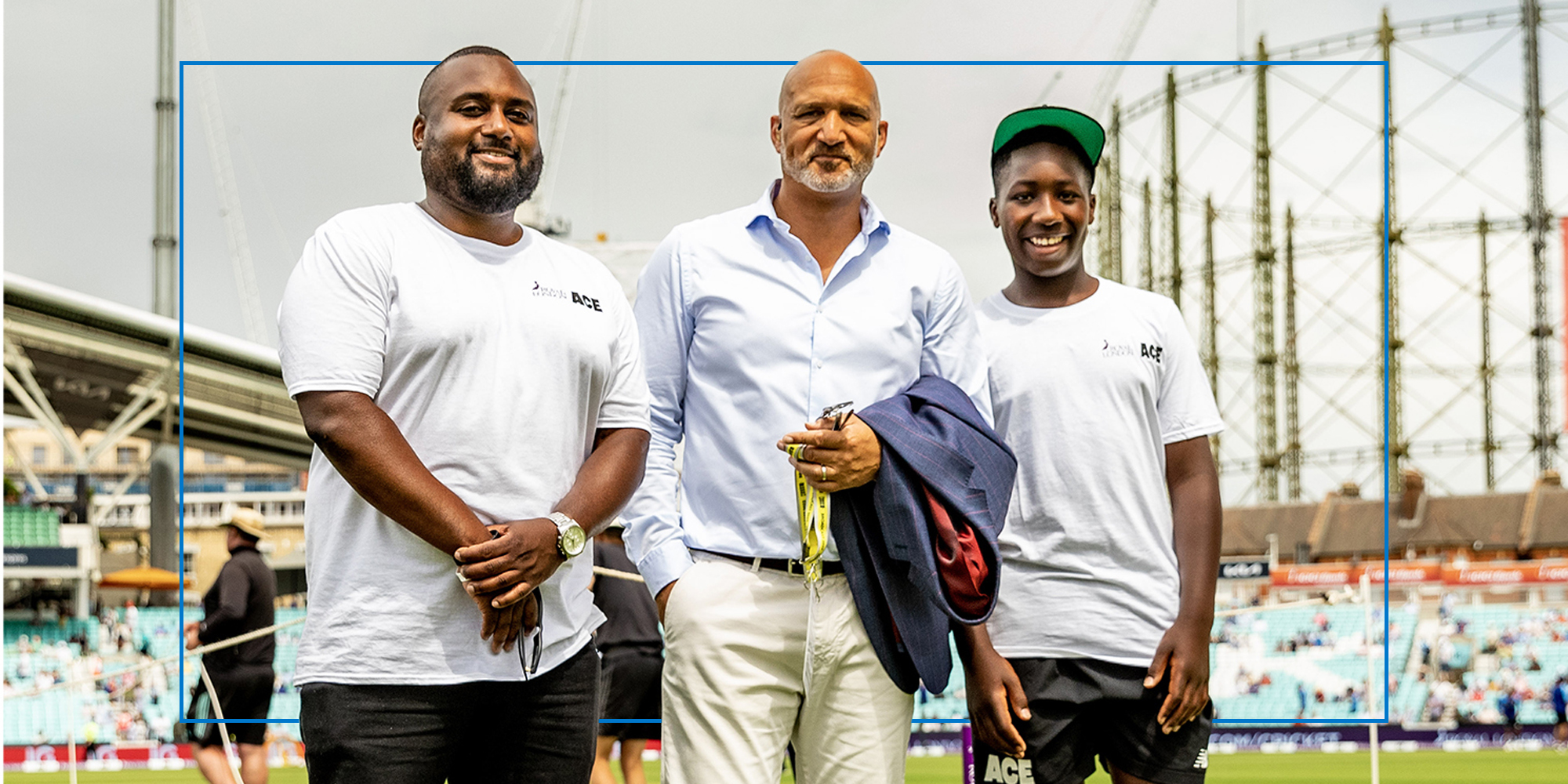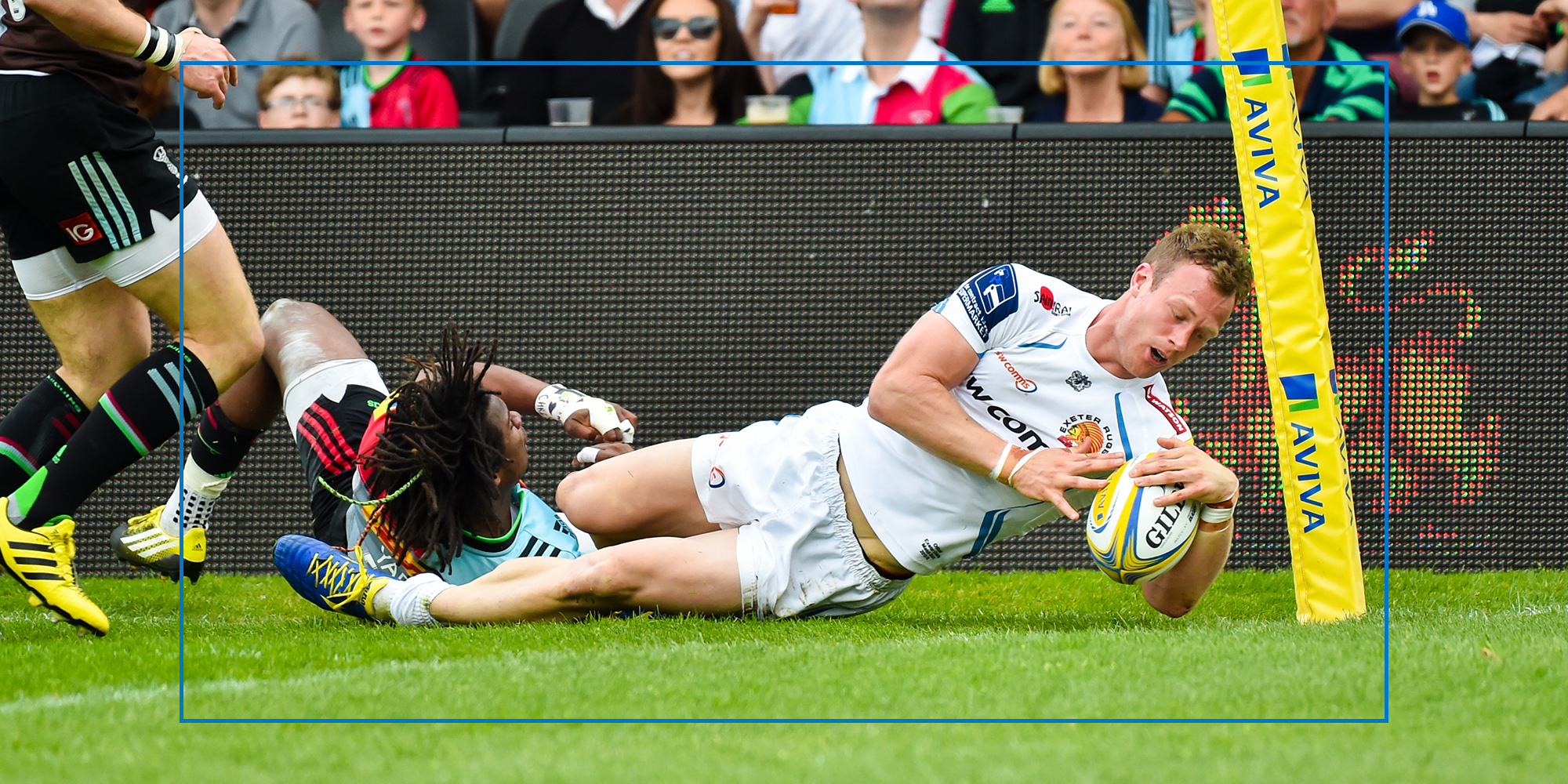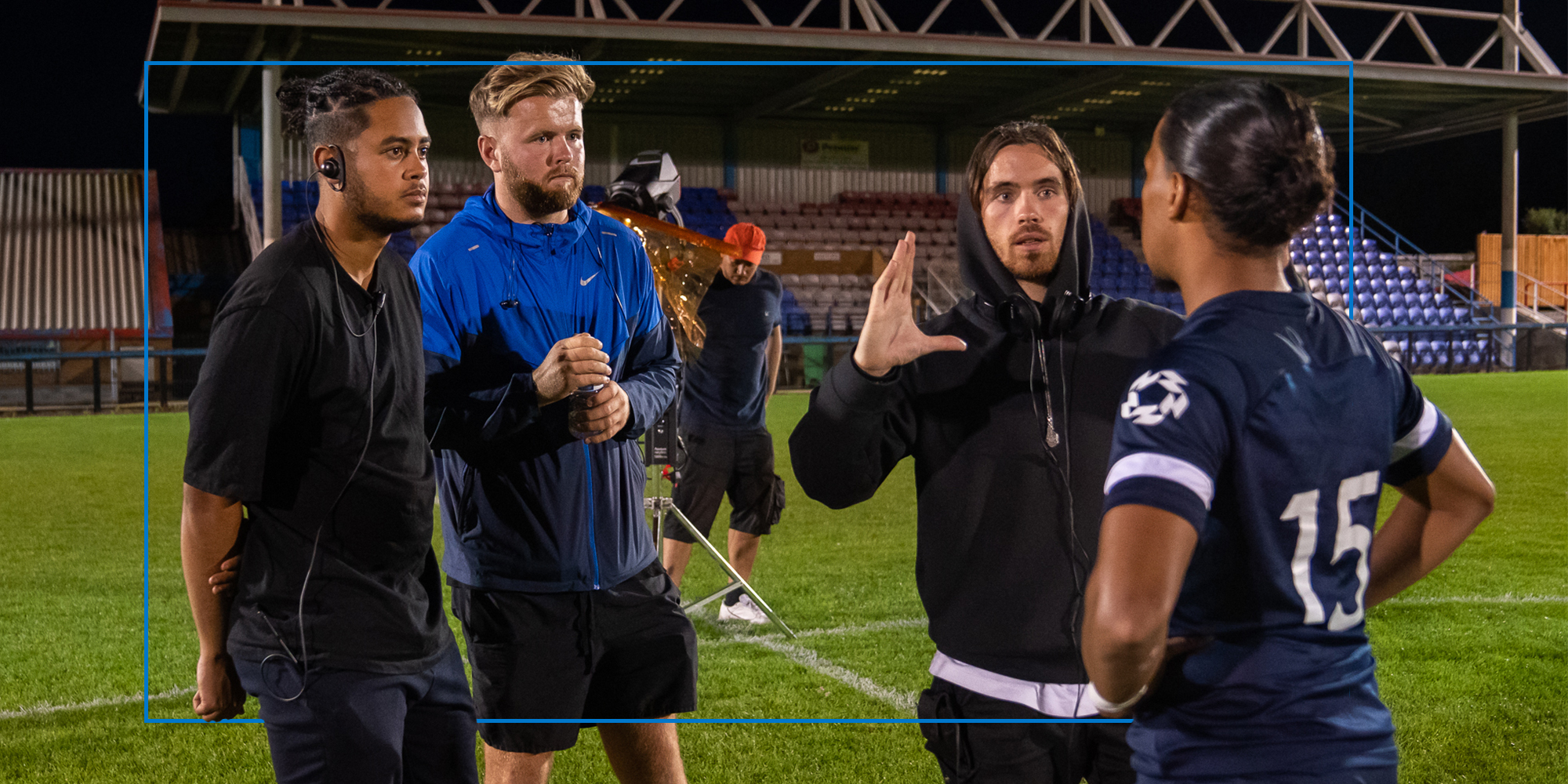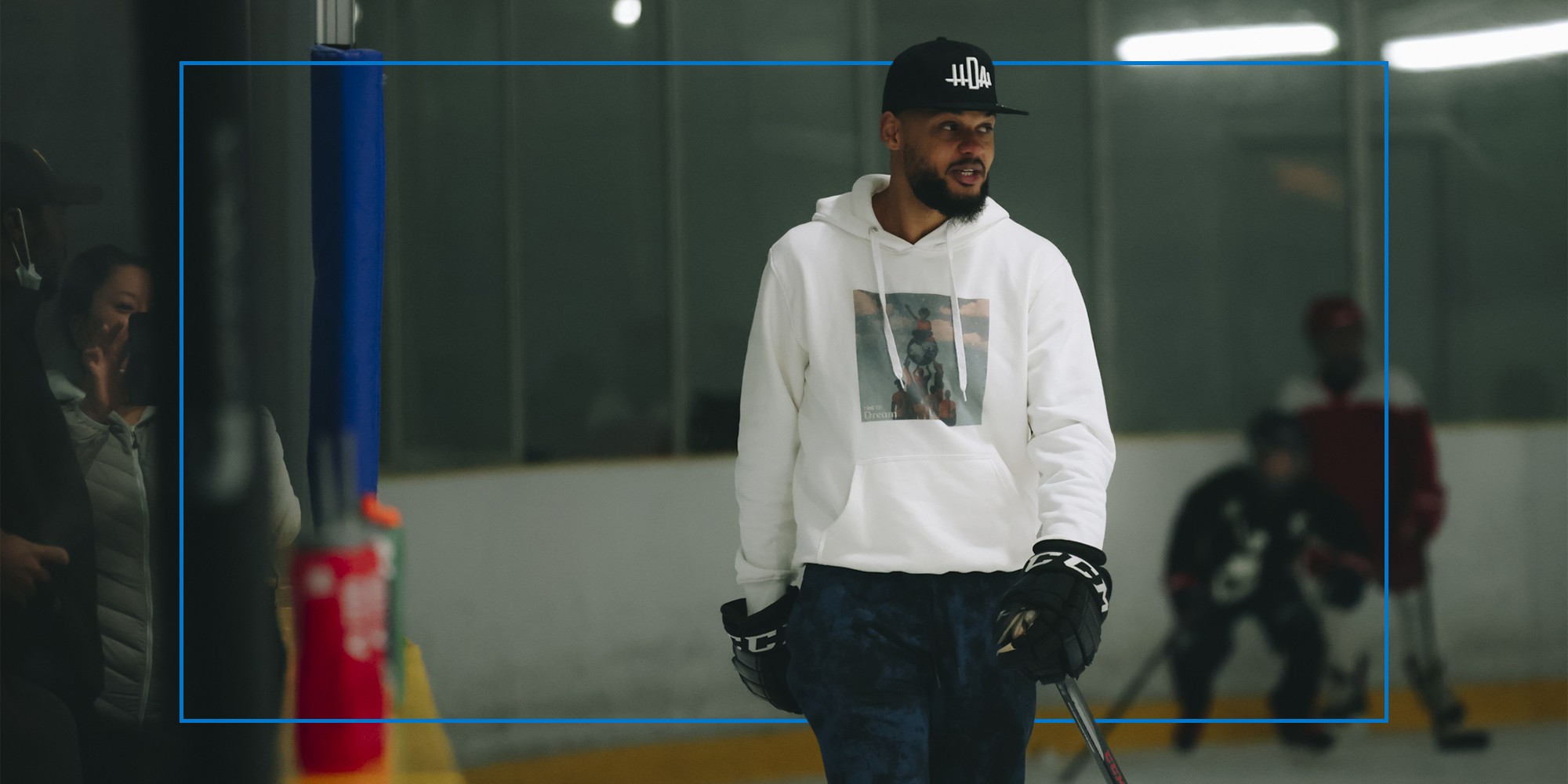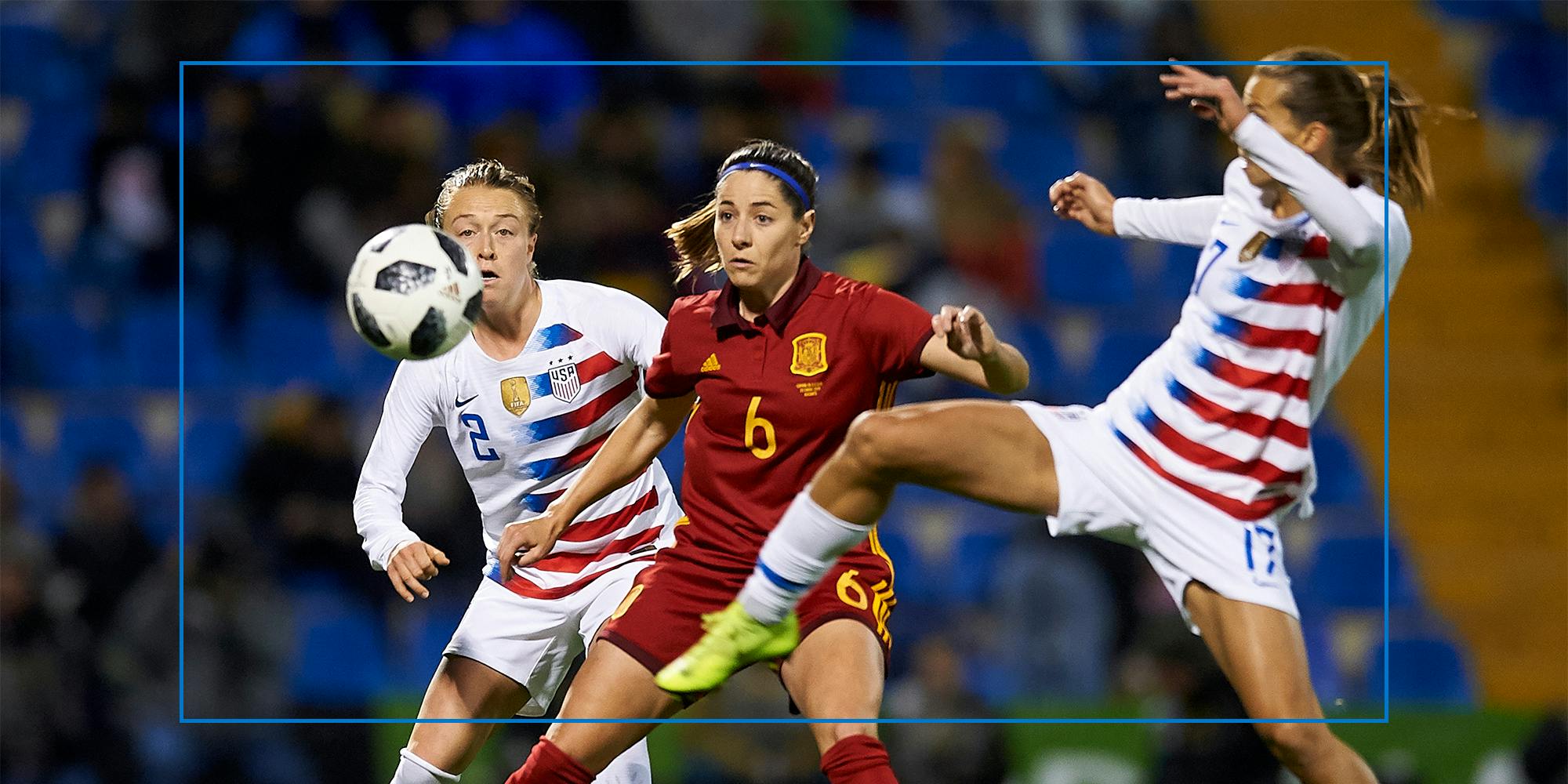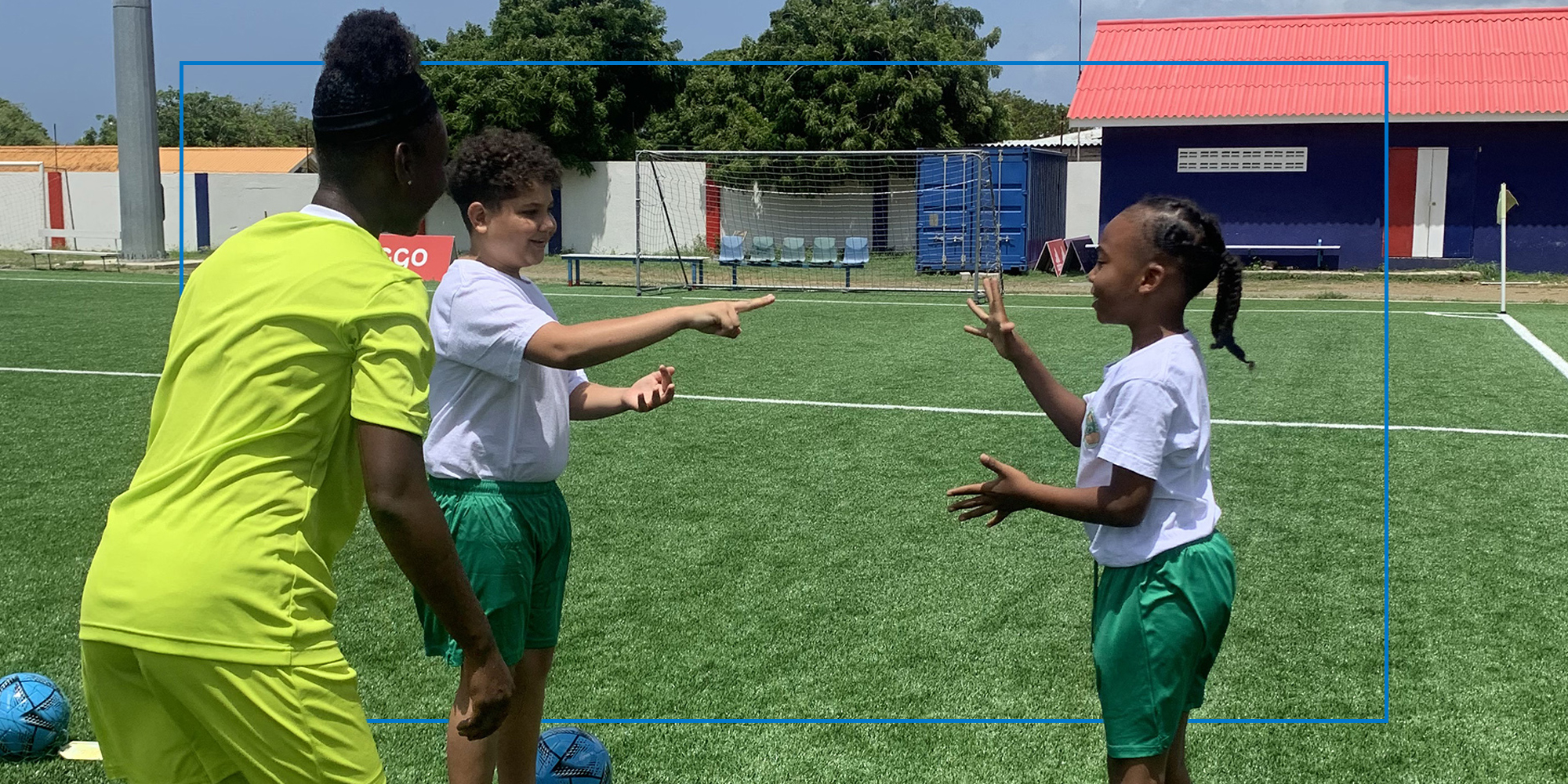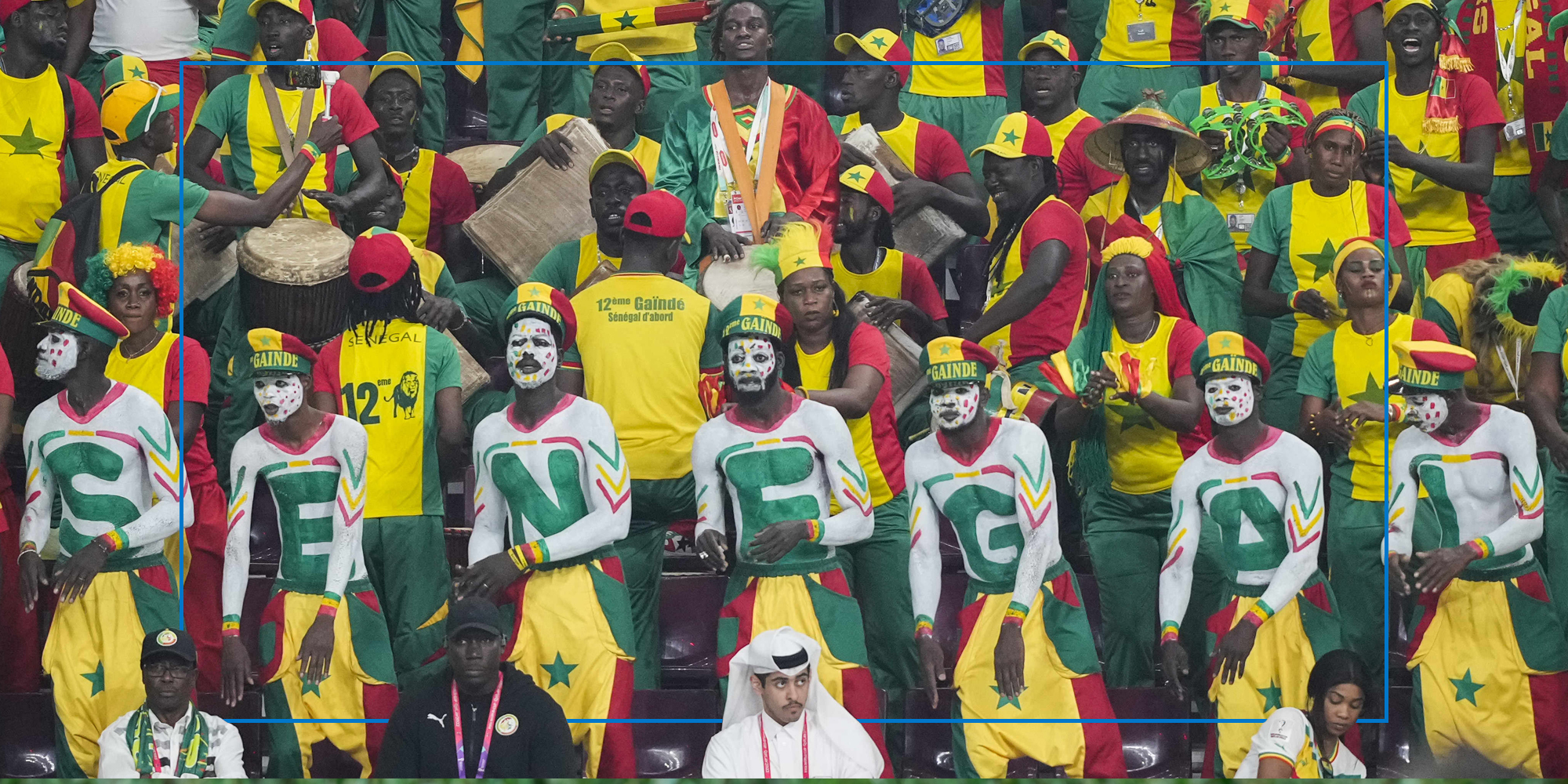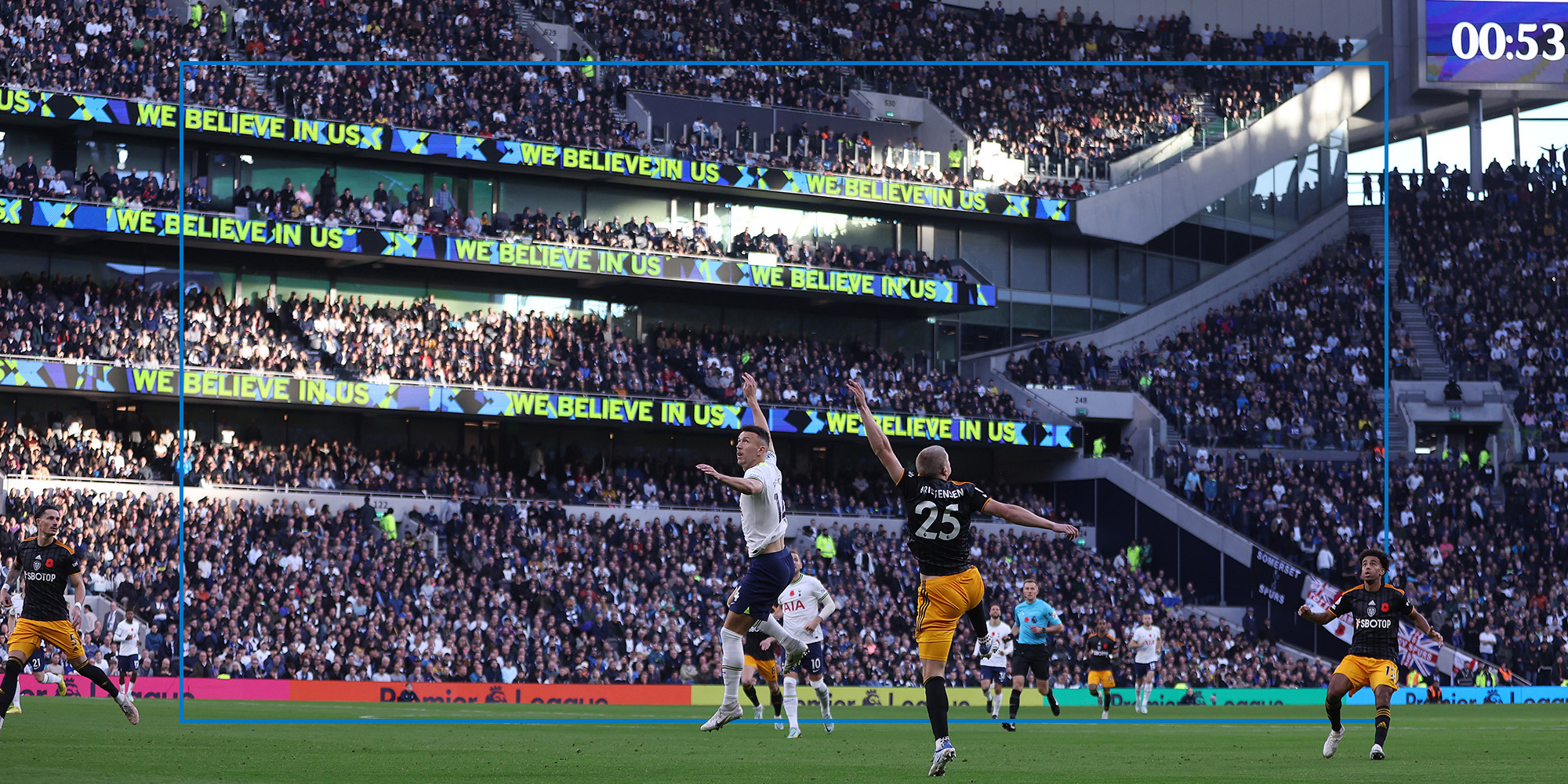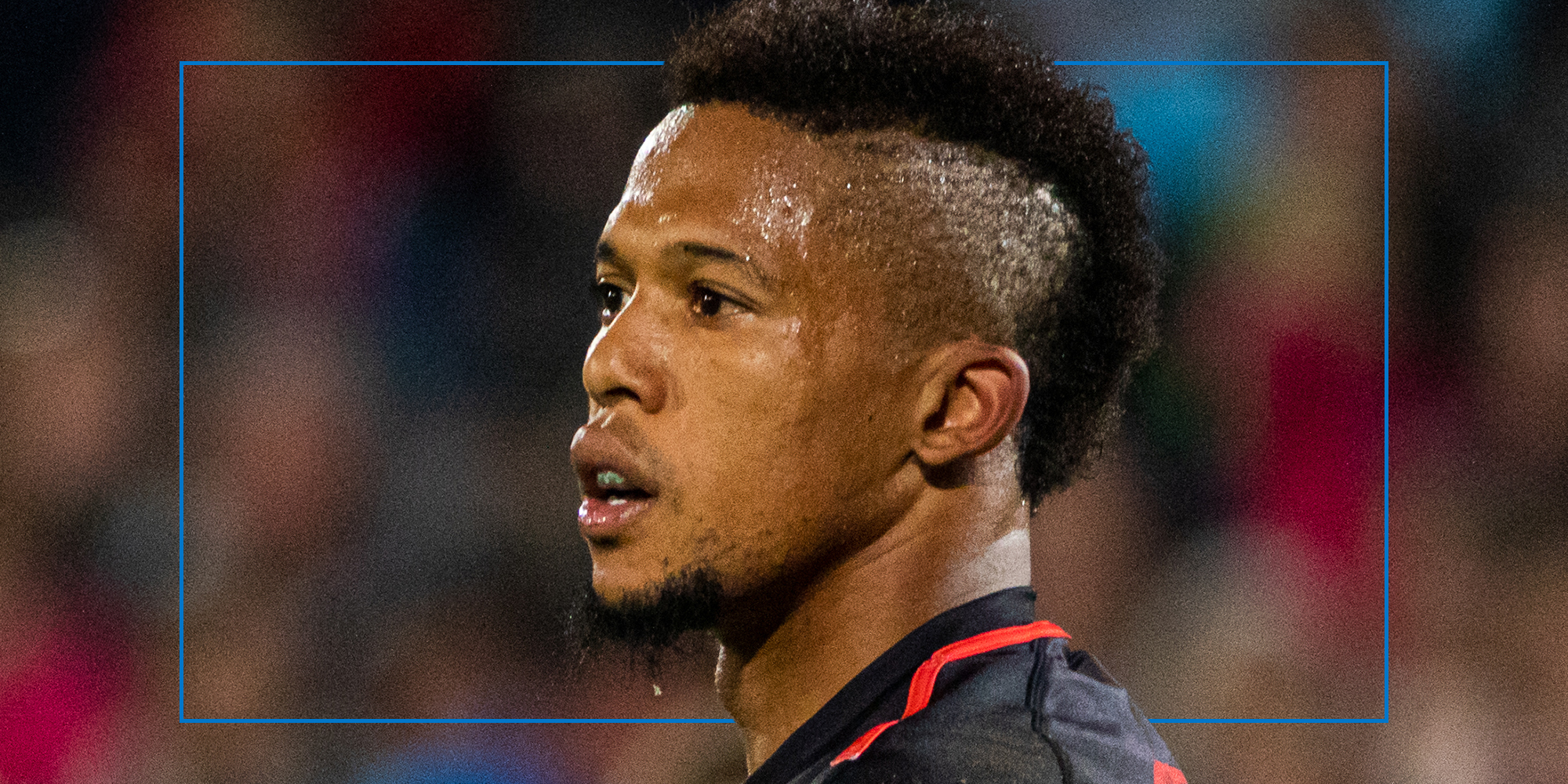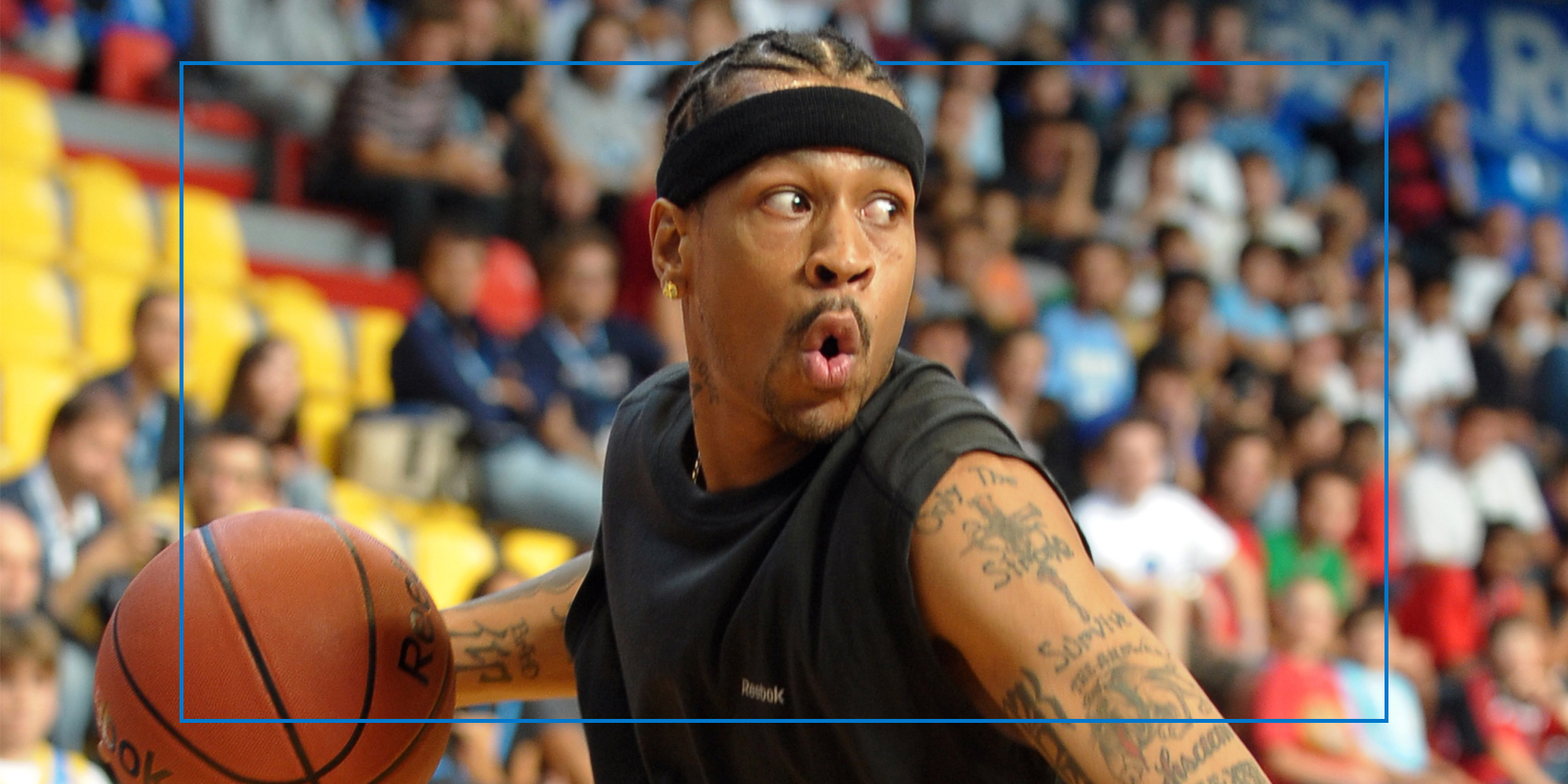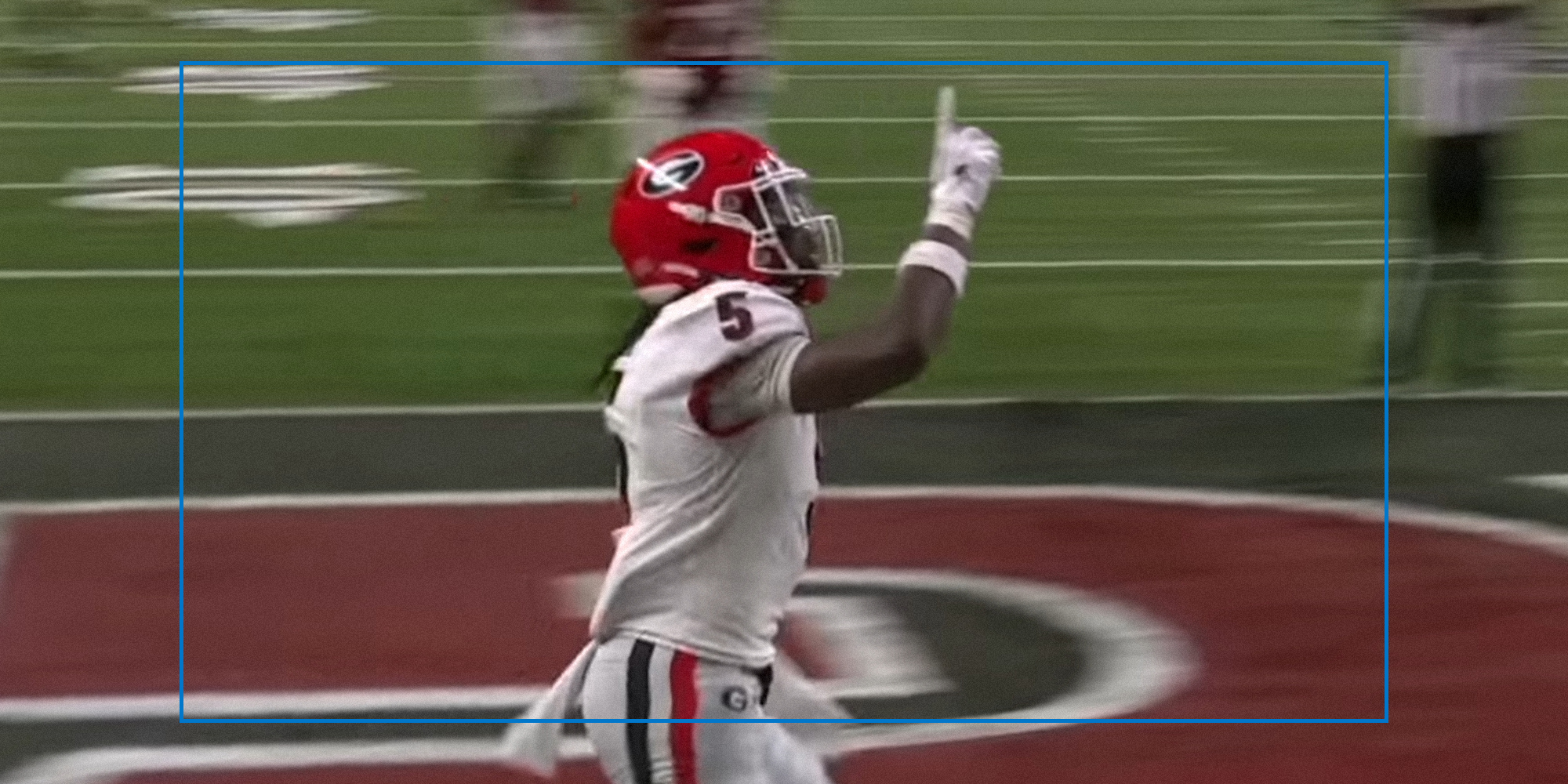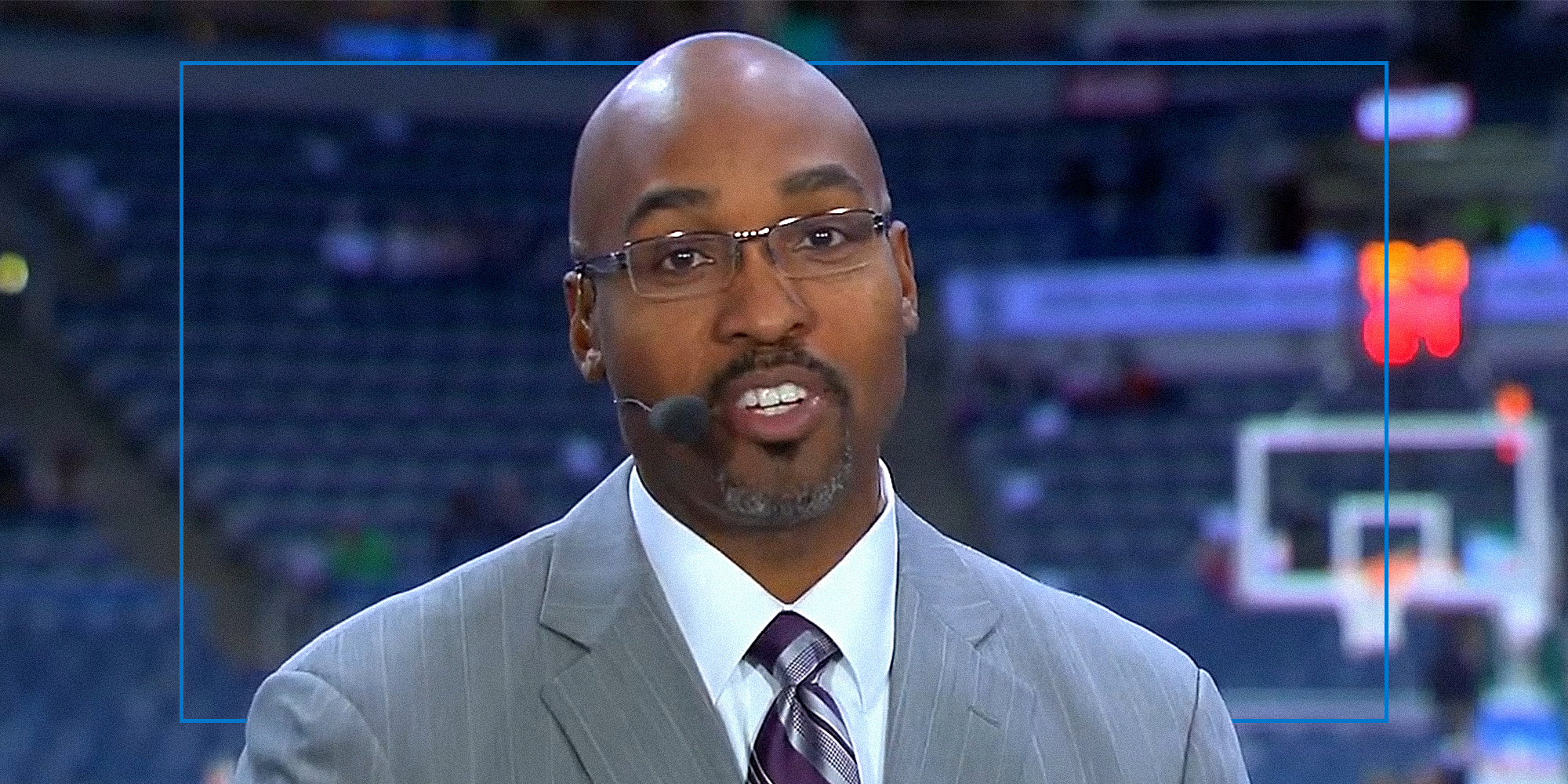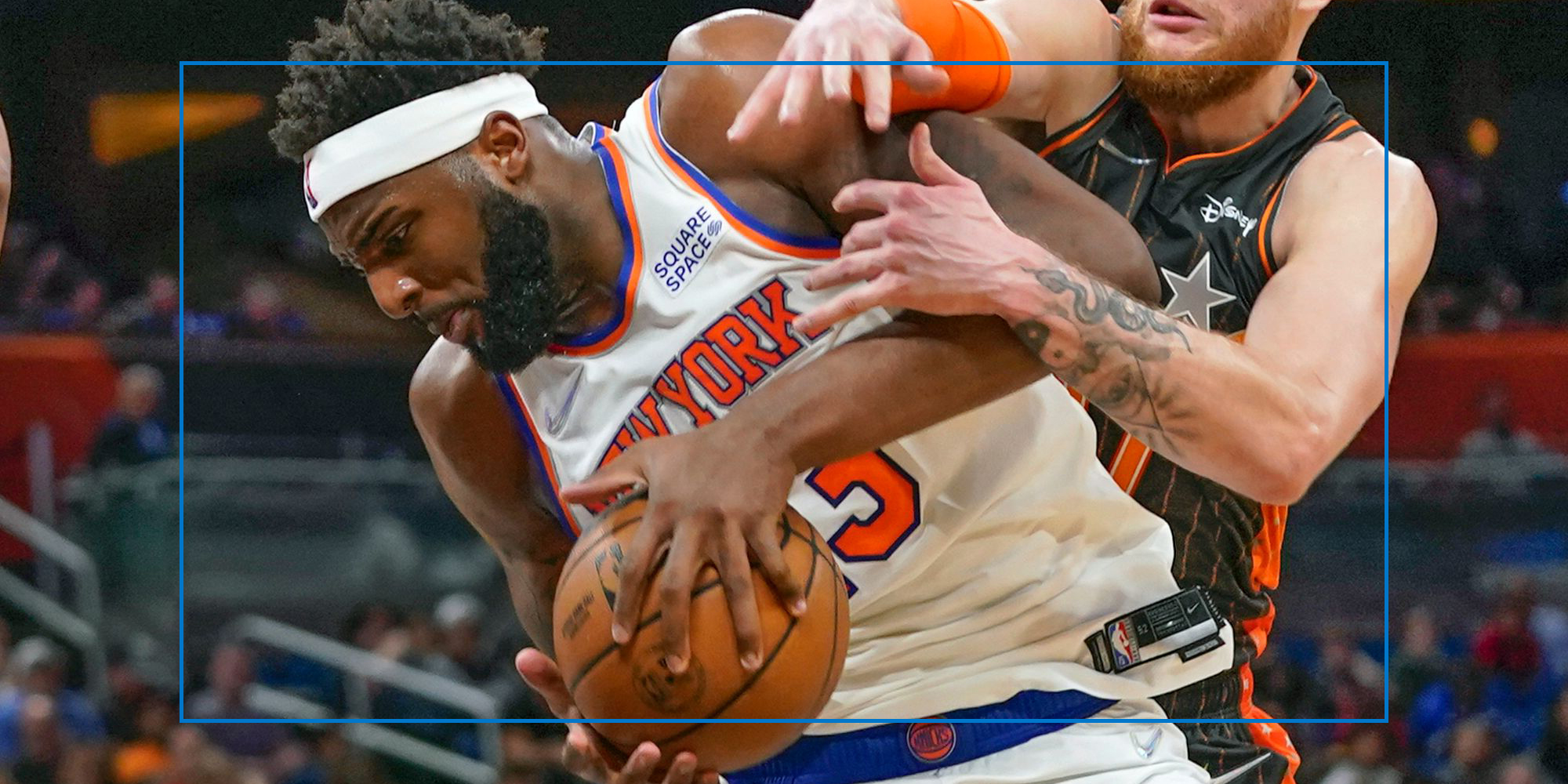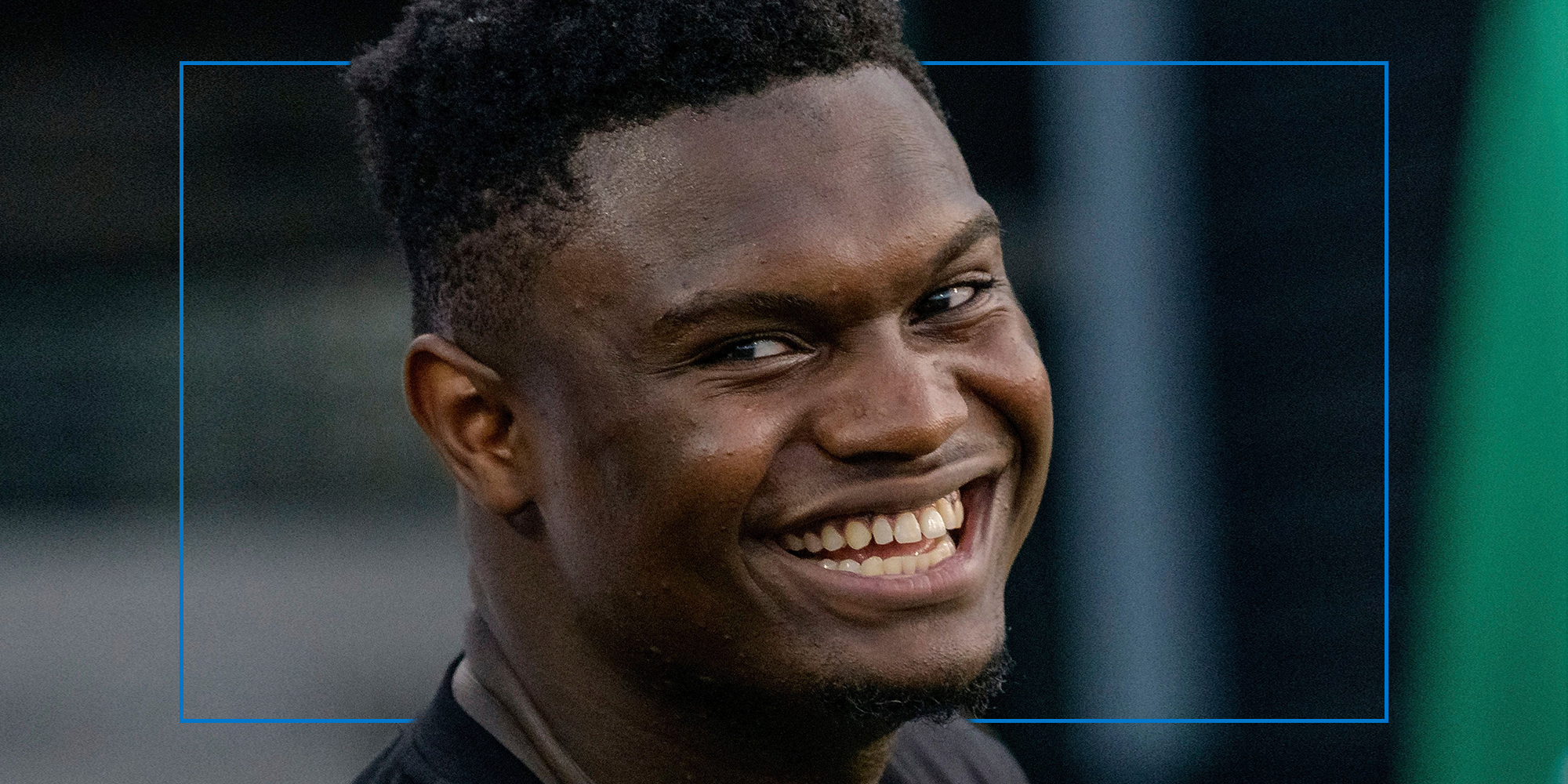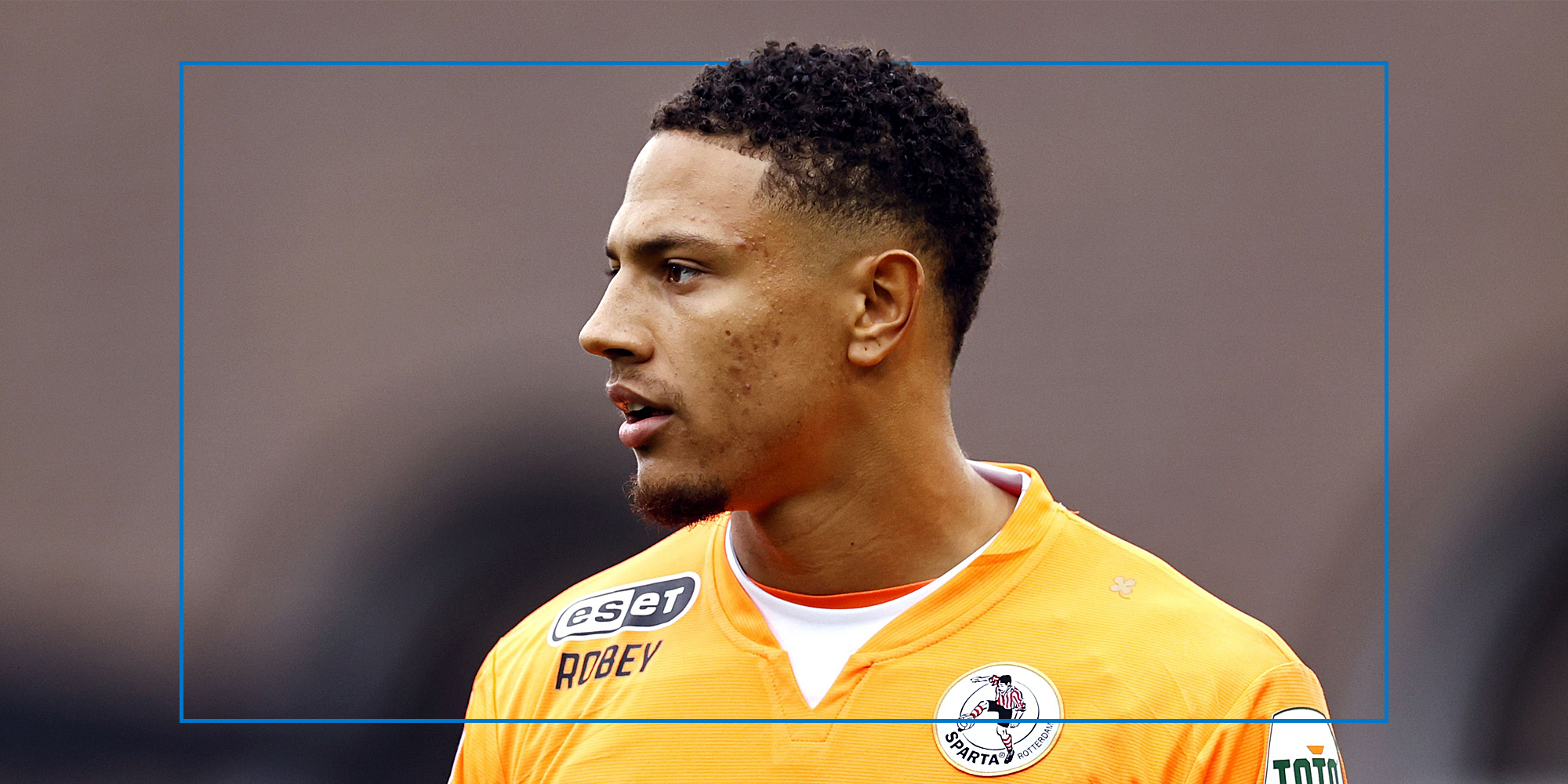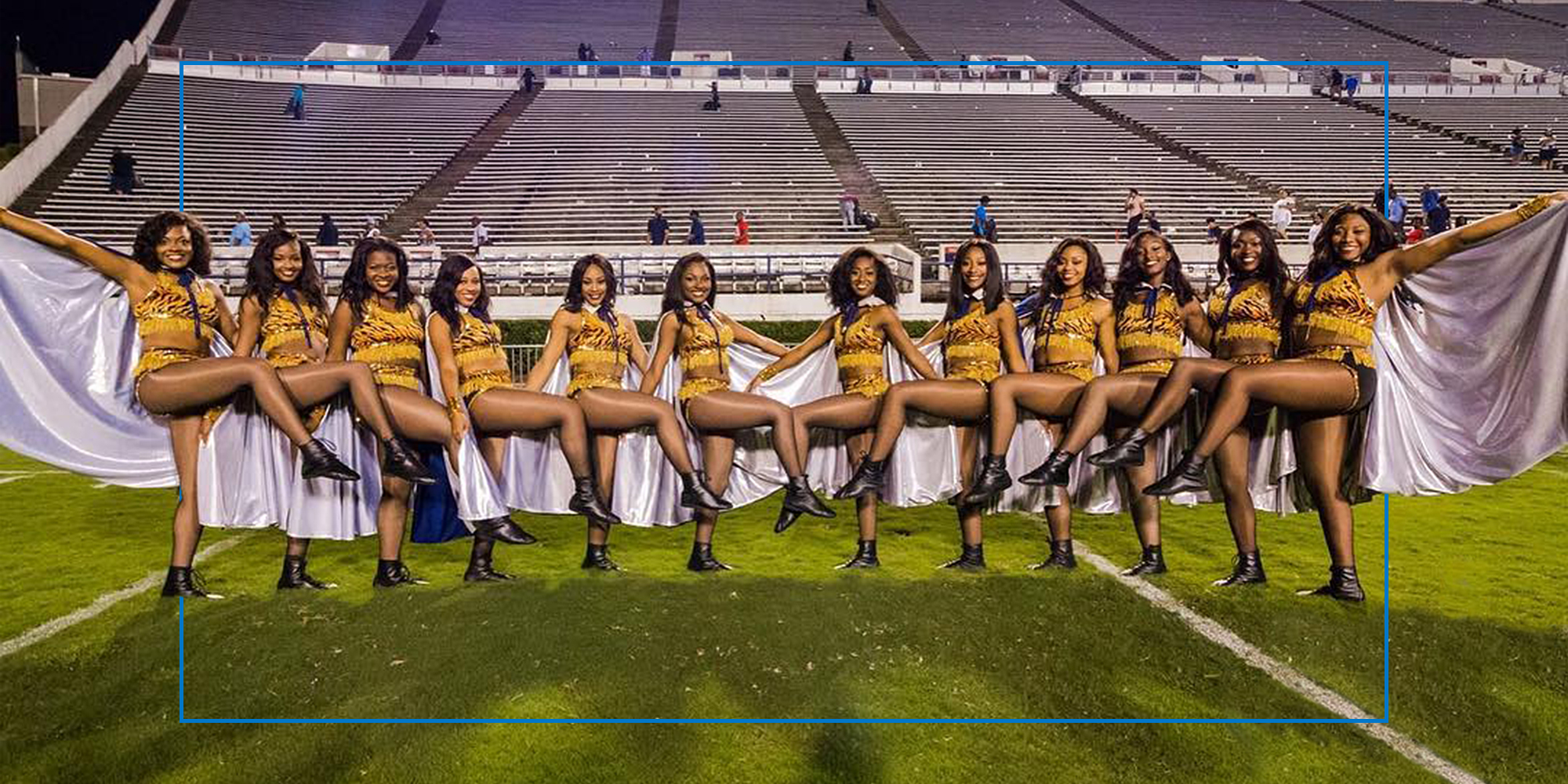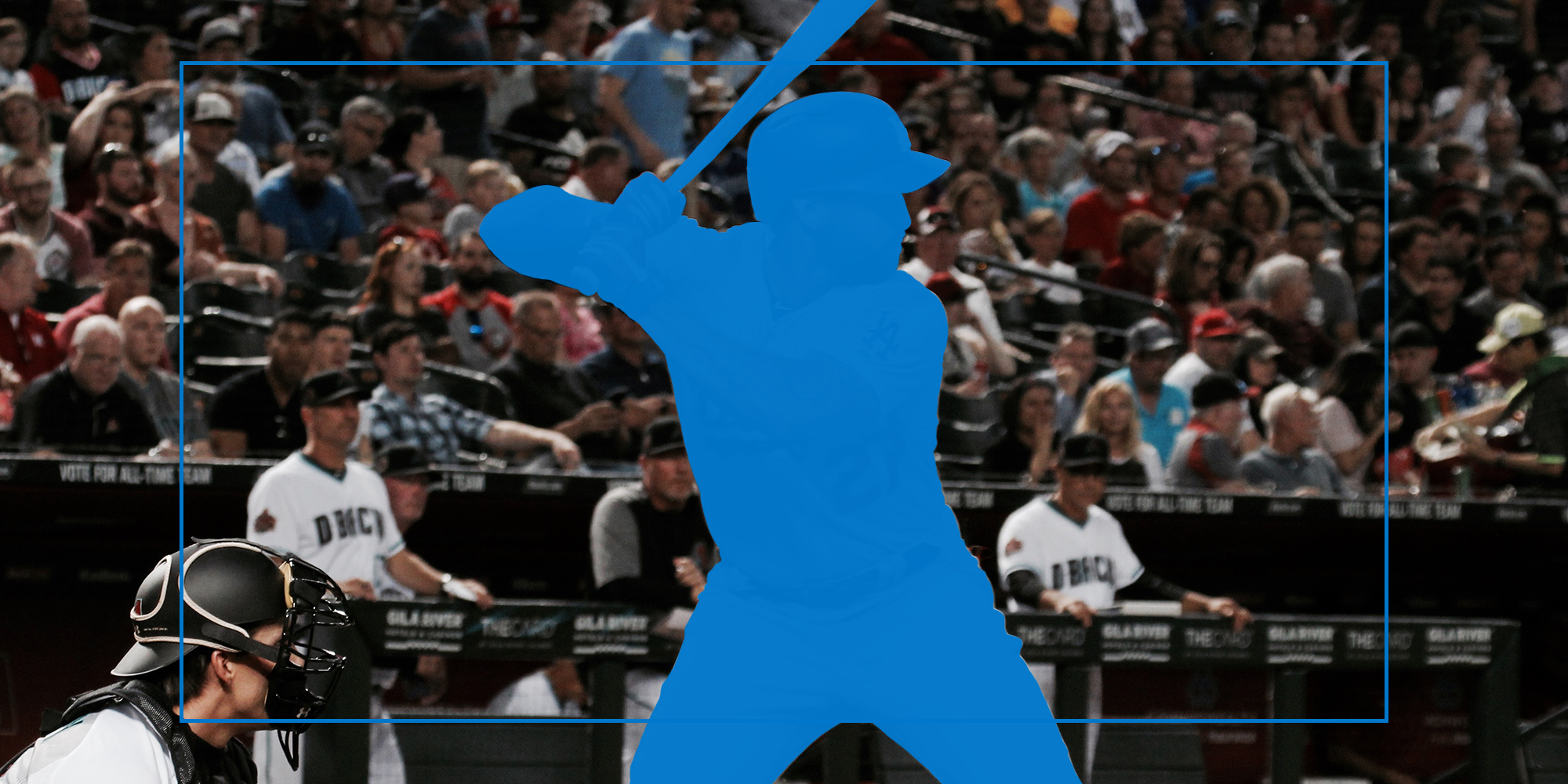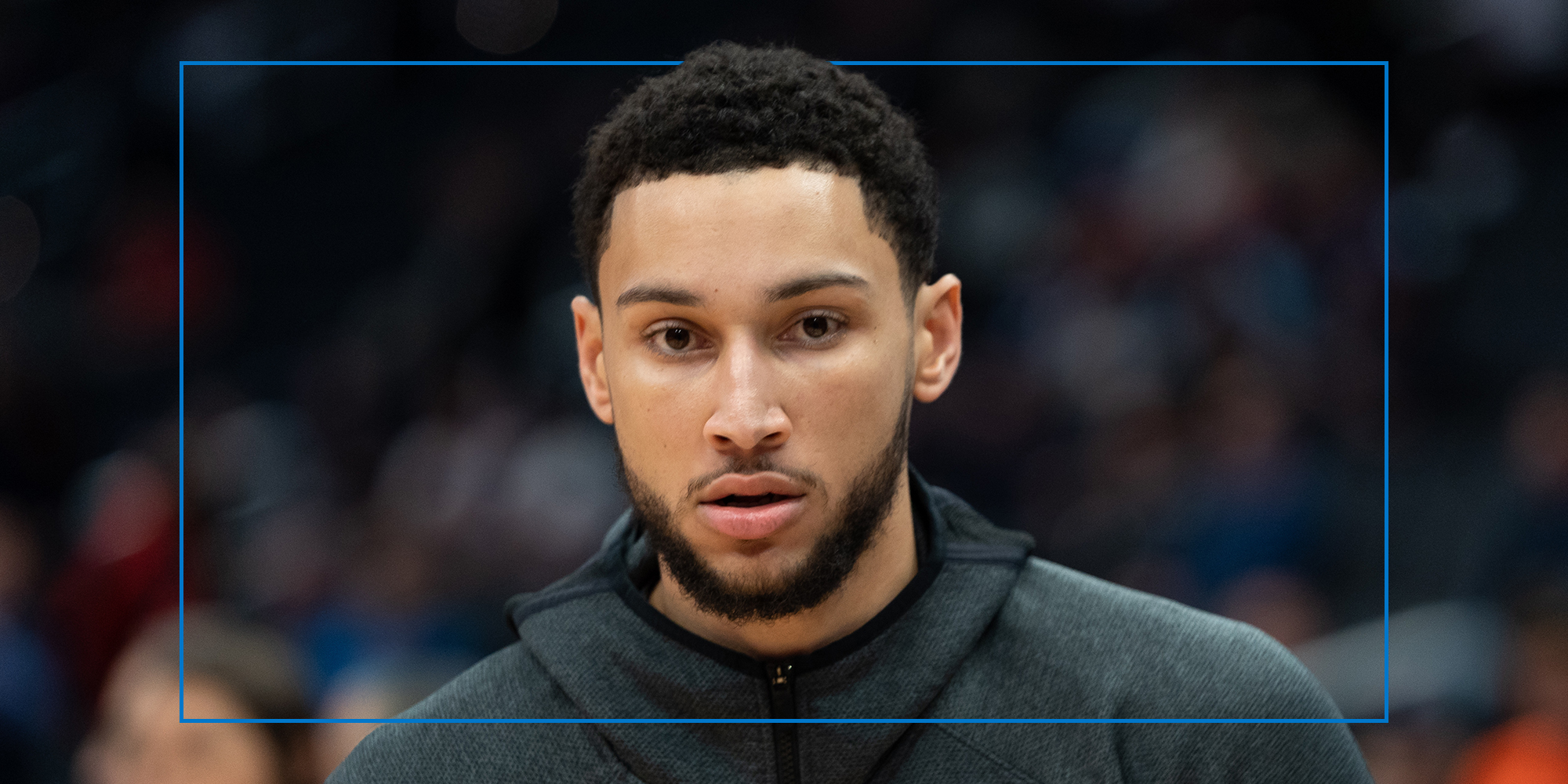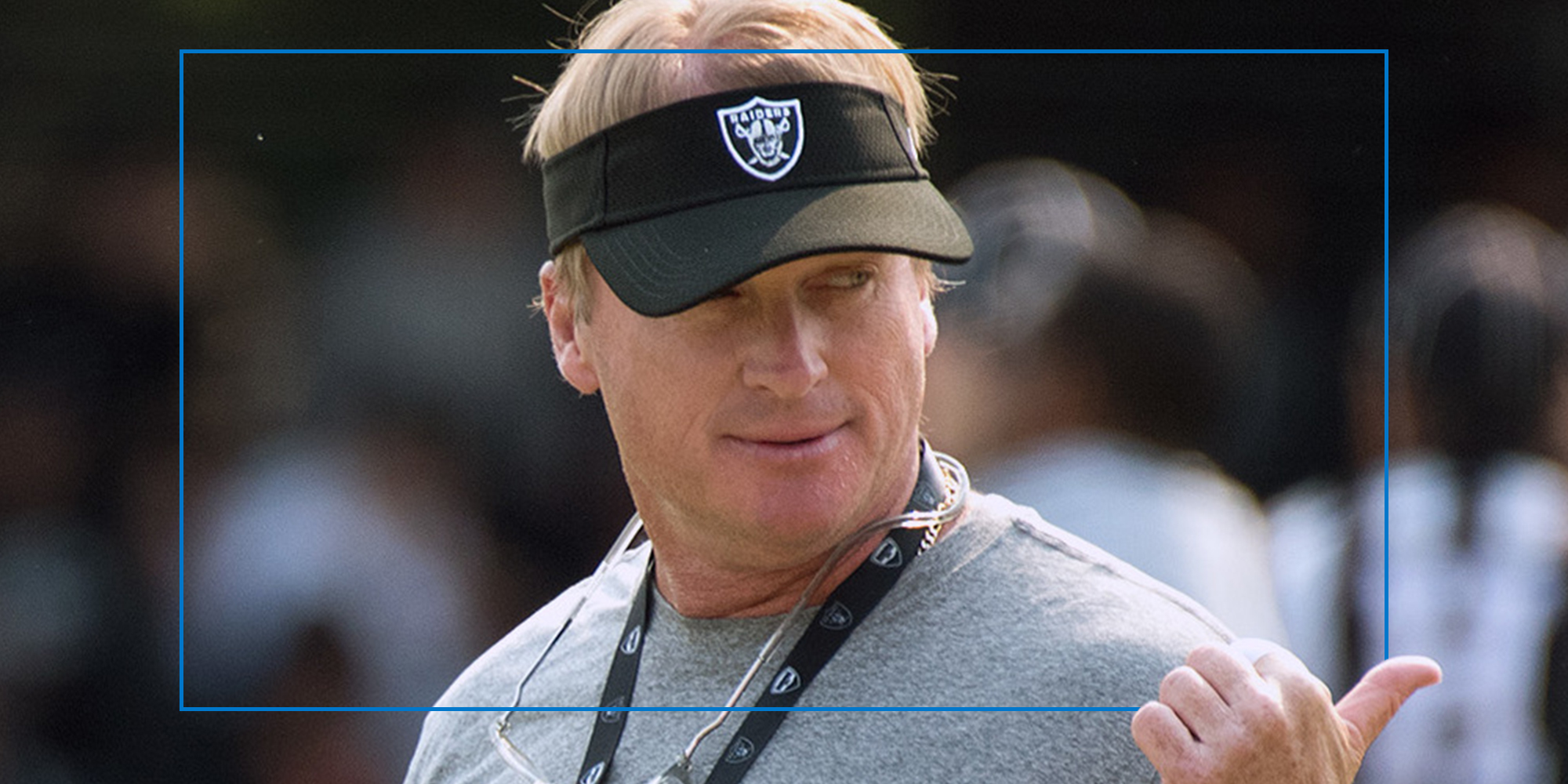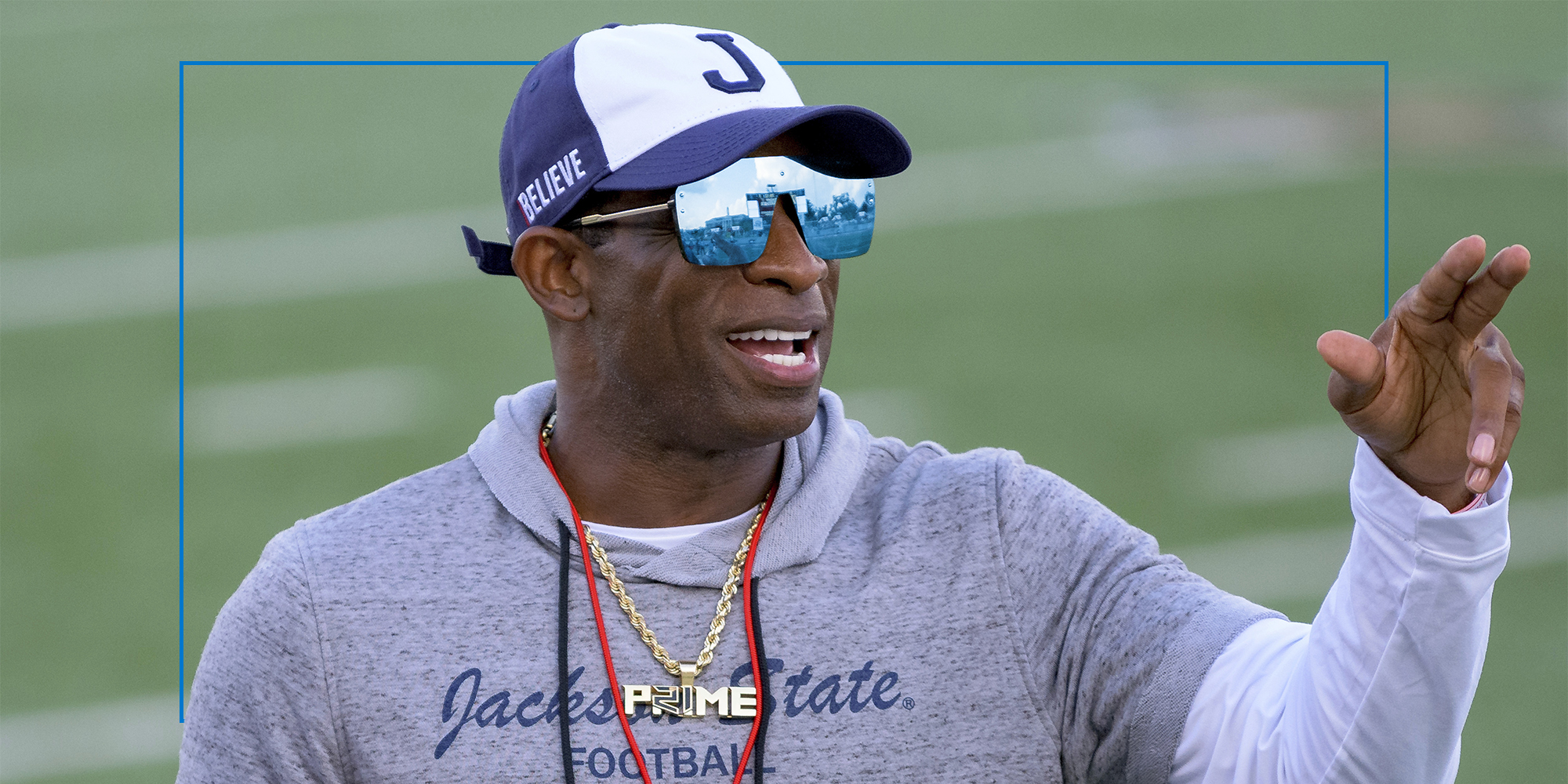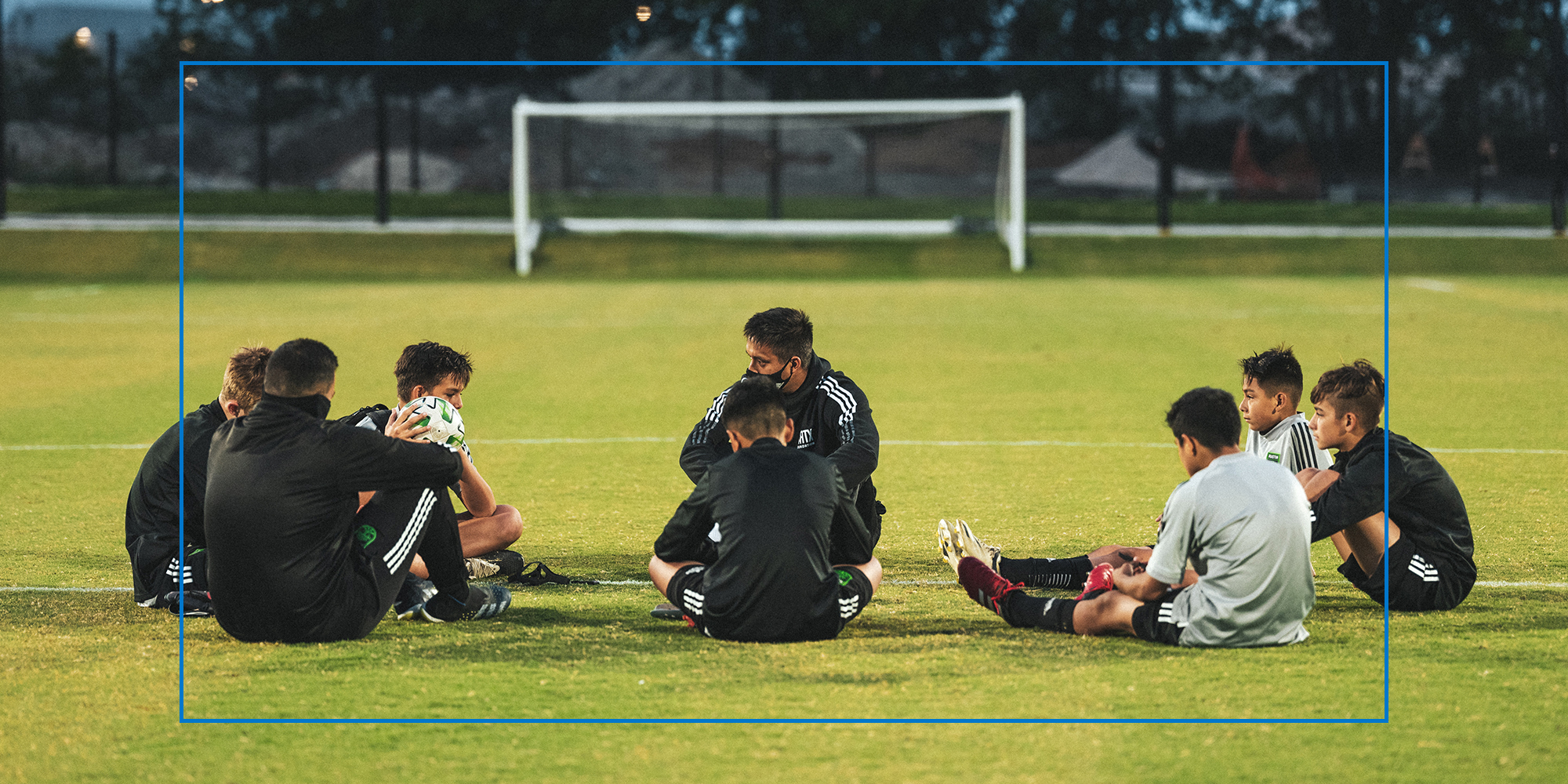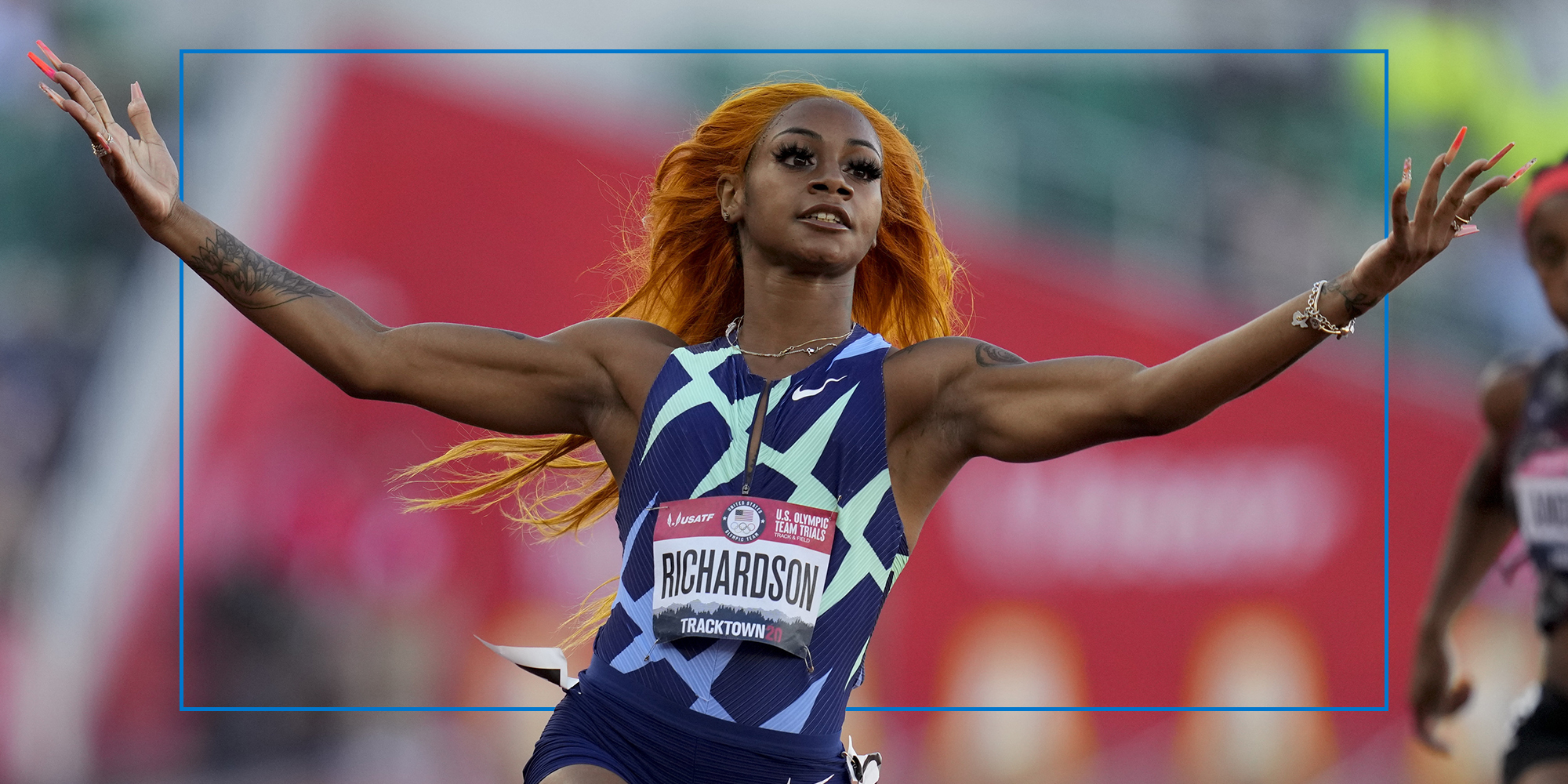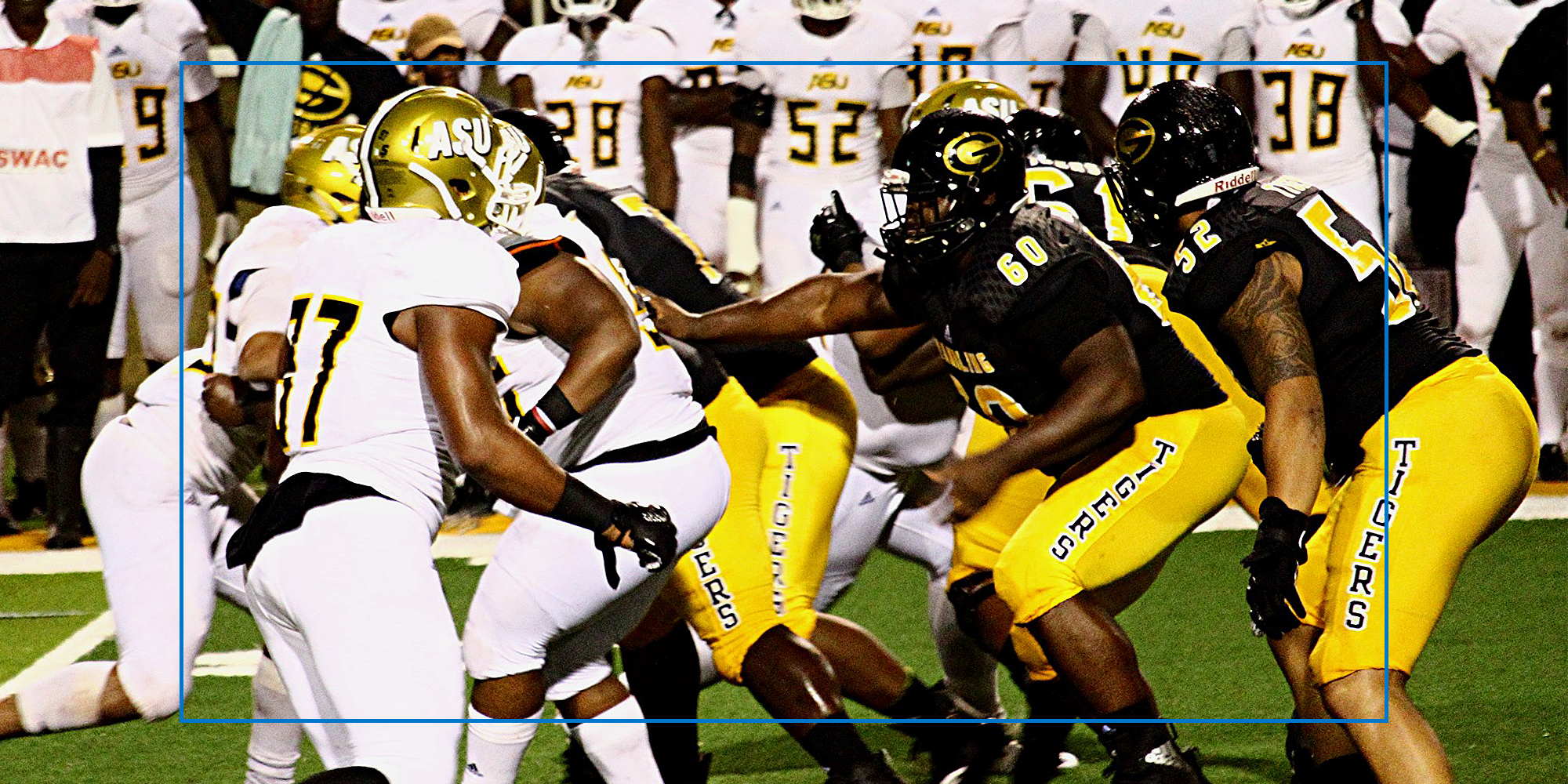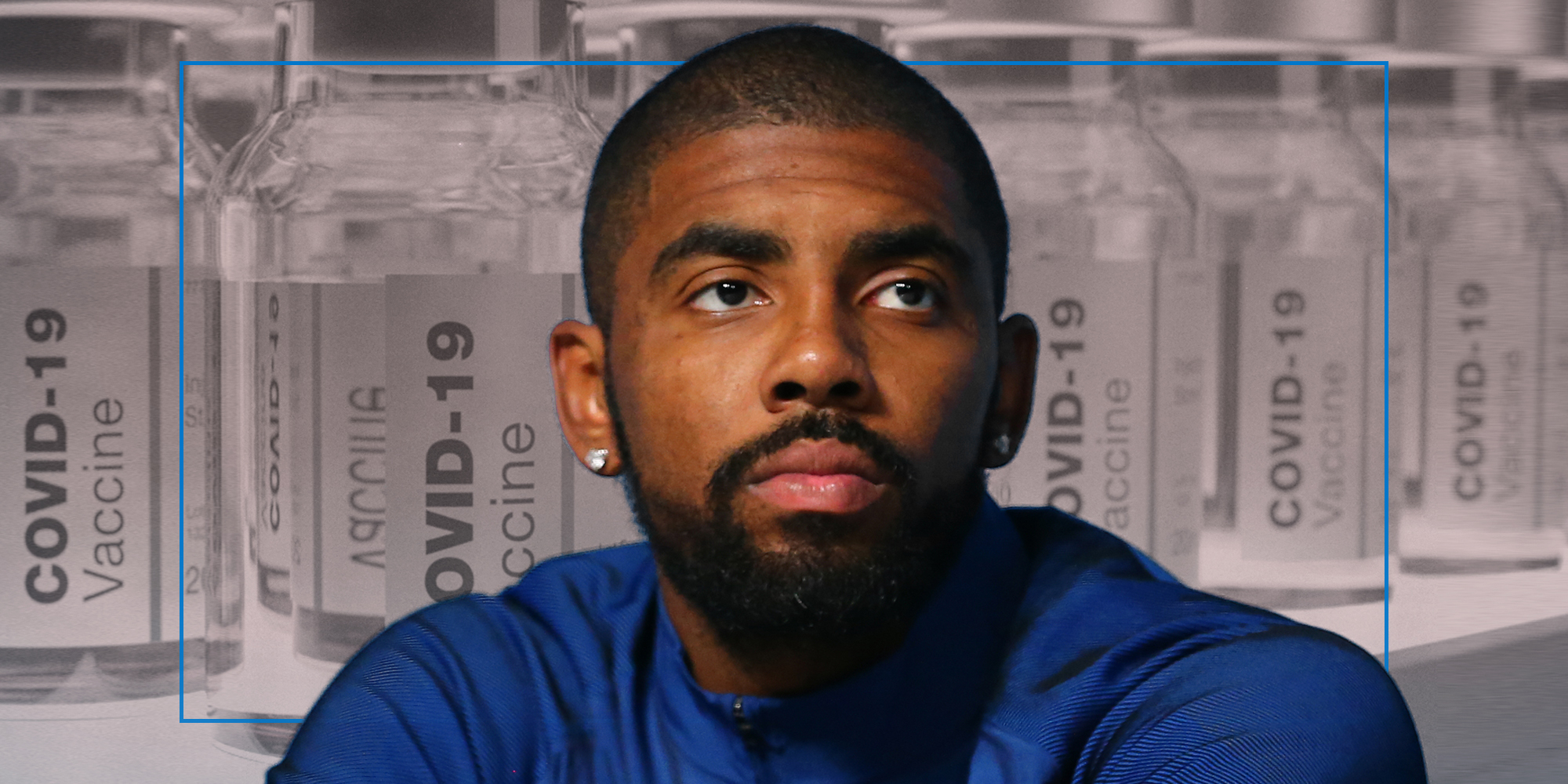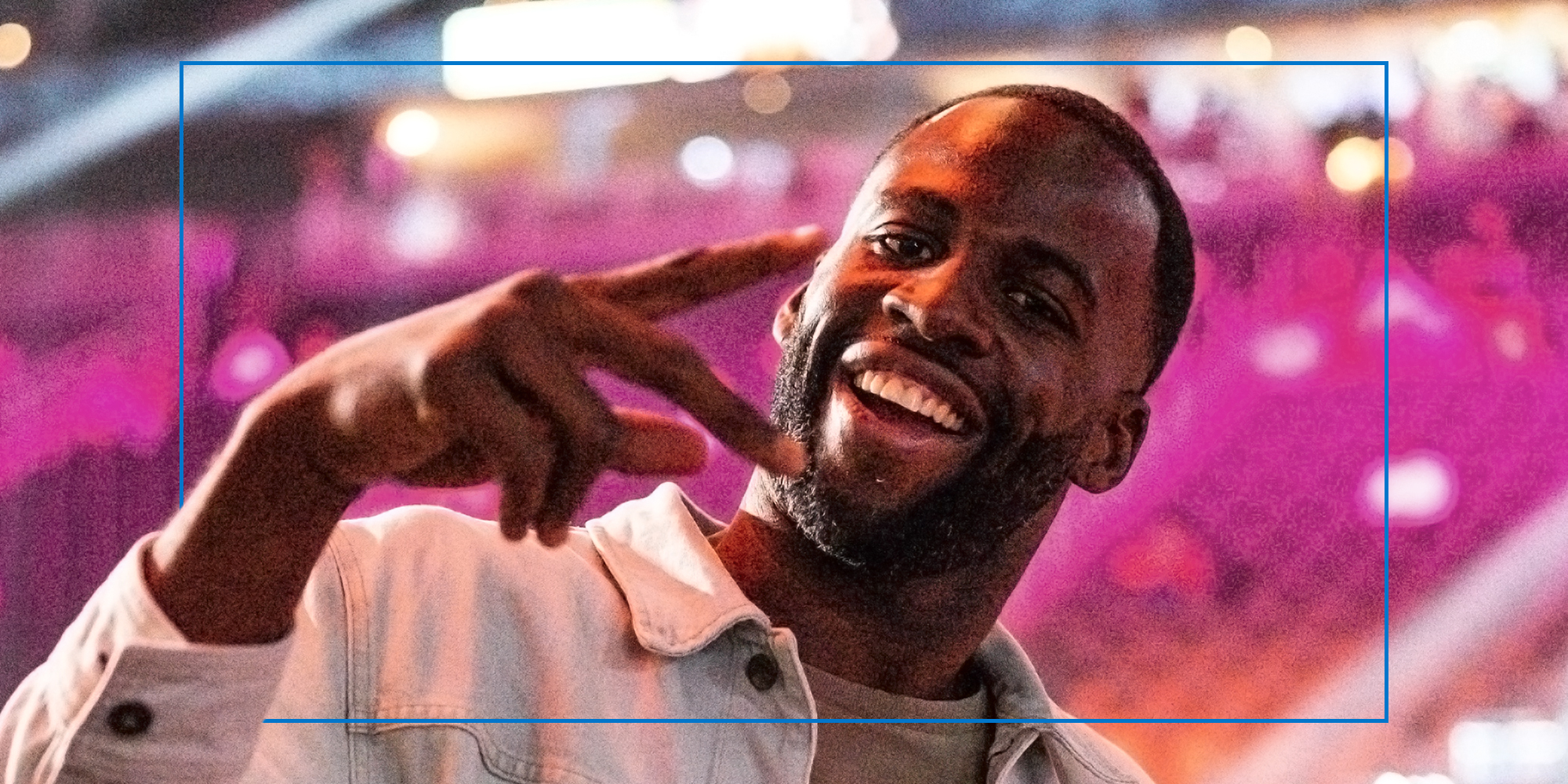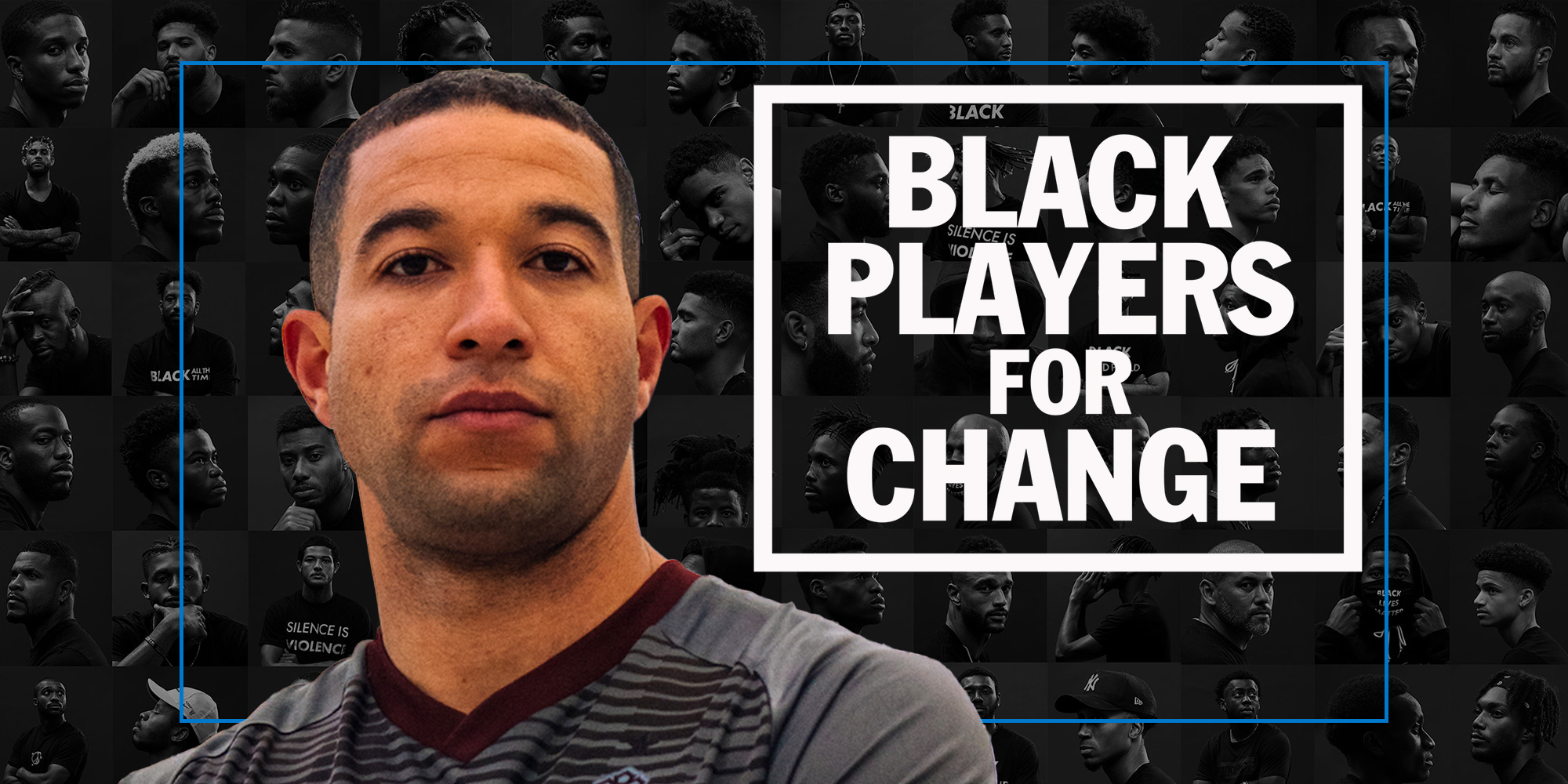Africa’s in the throes of a World Cup jinx that dates back to the tournament’s origins 92 years ago — and to gauge from what African fans are telling each other online, the entire continent has continued to reaffirm its commitment to not breaking it.
Africa hasn’t gotten past the quarter-finals in the global tournament’s entire history, and it’s been a boggling complex for soccer fans throughout the continent. In the 2010 World Cup, hosted by South Africa, Ghana was on the brink of becoming the first African team to reach the semi-finals. In a shocking development in the final minute of extra time, Uruguay’s Luis Suarez batted a Ghana shot out of the air with his hand before it crossed the goal line – a goal that would have given Ghana a 2-1 win and a trip to the coveted final four.
Instead, Suarez was given a red card, Asamoah Gyan stepped to the penalty spot and missed his chance to win the game, and Uruguay triumphed in the penalty sequence that followed. Fans debated whether Suarez violated core ethical tenets of the game or merely did whatever it took to win.
Some still deem it “the biggest robbery in World Cup history.”
But Suarez himself – on the eve of Friday’s rematch between Uruguay and Ghana in both teams’ final 2022 group stage match – is still unrepentant. Reports from Thursday’s press conference have him saying “it’s not my fault” regarding the incident. Ghanaians aren’t forgetting, though; journalist Miguel Delaney noted, “A Ghanaian journalist puts it to Suarez that many people in Ghana consider him ‘the devil himself’ and look forward to retiring him.”
The 2010 World Cup, the first to be played on the African continent, brought inspired performances from most of the African teams even though not even Ghana could break the jinx. The host country, South Africa, opened with one of the most thrilling goals in that tournament, but couldn’t advance past the group stage – a rarity for a host.
In the 2022 edition, Africa has sent five of its best teams to not only showcase the continent’s beauty and diversity, but to tilt against the long odds of winning the tournament. This is also the first time that all five teams — Ghana, Senegal, Morocco, Tunisia and Cameroon – have gone with African coaches, including Senegal’s Aliu Cisse, who captained the 2002 edition of the team to the quarter-finals.
While North African countries like Tunisia and Morocco share commonalities with Qatar, often considered Arabian countries under the MENA designation, they are not considered less African by African soccer fans. And with Morocco a surprise winner on Thursday, in a group in which a top-ranked Belgian team was toppled, that’s especially true.
The bulk of expectations from African fans heading into the tournament, especially those going online to join in the global conversation, were placed on Senegal, which won 2022’s Africa Cup of Nations and beat highly-regarded Egypt in a World Cup qualifier to get to Qatar. Even without their best player, Sadio Mane, sidelined with an unfortunate and ill-timed injury, the team boasts a solid and experienced core, with six starters bringing World Cup experience from 2018’s edition in Russia. Players like Edouard Mendy, Idrissa Gueye, Ismaila Sarr, Cheikhou Kouyaté Abdou Diallo and Boulaye Dia made fans feel Senegal could do well for themselves and all of Africa.
Some fans even dubbed Senegal “Africa’s only hope.”
Some first worrying signs
Senegal was drawn into Group A to combat the Netherlands, Ecuador and Qatar. In dissecting the Teranga Lions’ opening and deflating 2-0 loss to the Netherlands, football analyst and Chief writer at ACL Sports, Fisayo Dairo, believes that they were poised to beat the Dutch side but lacked confidence despite being talented enough to triumph even without Mane.
“I think they lost that game because they were not brave enough,” he starts. “You know, when the game started, the Netherlands guys grew into confidence but by the time the second half started, the Netherlands team became wary of them and half chances began to spring up for the Senegalese, but they failed to take any of them.”
Fans went online, distressed about this opening flop. One fan spoke in the past tense about the squad, noting, “Senegal was probably our best team in this World Cup. Down goes the African dream.”
A soccer fan in Pakistan expressed concern for both Africa and Asia’s overall standing, saying that it was “a bad look for the tournament if Senegal is the best team the continent of Africa has to offer.”
Andrew Randa, a lecturer at the Nigerian Football Federation, observed, “They held down 0–0 for a long period of the game and lost it in 20 minutes,” adding that “defensive naivety and lack of concentration” also contributed. He noted that they also failed to take hold of the opportunities that presented themselves — terming that an African problem and not just a Senegal problem.
Other African teams struggled in their openers. Morocco, despite being excellent at attacks and defense with an energetic Sofyan Amrabat, lacked offense in a goalless draw with Croatia. Tunisia also had a goalless draw with Denmark. Cameroon lost to Switzerland in the second half — on a goal from Cameroon-born Swiss player Breel Embolo, who didn’t show outward celebration upon scoring.
One fan wryly observed, “No African team has won a game in this World Cup so far but African players are busy winning games for European countries.”
Another responded, “I don’t see the point in him not celebrating. He made a conscious choice to represent Switzerland, so when scoring for them he should celebrate with them.”
Ghana got Africa’s first goal — a 73rd-minute equalizer by veteran Andre Ayew — in what turned out to be a scrappy 3-2 loss to Portugal on Nov. 24, on the tournament’s fifth day.
Fisayo was critical of a Ghana team that he saw only picking up momentum when the first goal was scored against them, dubbing them “negative and cowardly.” The match strengthened sentiments among some that Africa may have a bad run in the tournament, while others thought that it was at least a good thing and there was some hope.
Chief editor at Glitz Sports and football analyst, Chidiebere Ezeani, thinks that the loss mainly stemmed from a wrong call from Ghana’s coach, but she also believes that they experienced some intimidation which threw them off their game.
“I felt the coach made the wrong decisions after they had just scored. The substitutions were wrong. So it was more managerial than player influence. And of course, you cannot discredit the fact that when you’re playing the likes of Bernardo Silva and Cristiano Ronaldo, it leaves a lot of intimidating thoughts to the mind.”
After the first round of games without any wins from the African side, it’s perhaps expected that fans would lose hope. Africans felt it was going to be a long World Cup for them after seeing the results of the first round of games. One England-based African fan quipped, “Supporting African teams in the World Cup is just inviting a heart attack.”
But World Cups can sometimes turn after a surprising (or unsurprising first loss) – and that was about to happen for some of the African teams.
A much-needed comeback
Senegal delivered a much-needed comeback, taking lessons from its losses and extinguishing a great amount of anxiety. Perhaps Ghana’s performance against Portugal awakened the Teranga Lions, who beat Qatar 3-1 and eliminated them — the first host experiencing that fate since South Africa in 2010.
Senegal’s commendable performance against the hosts brought forth memories of the impeccable 2002 team that threw the then-European champions France off guard.
Morocco, which recorded a draw with Croatia in the first round, followed closely after Senegal with an impressive win against Belgium in their second group stage game, with goals from Romain Saiss and Zakaria Aboukhlal sparking Morocco’s first World Cup victory in 24 years.
Ghana then rode the African wave, beating South Korea 3-2 for its first World Cup win since 2010.
Senegal was in the first block of final group stage games, beating a surprising Ecuador team 2-1 to qualify for the Round of 16 for the third time since 1994 — pitted against one of the tournament favorites in England. Morocco also joined Senegal as an African representative in the knockout rounds, overwhelming Canada 4-1 to win the group to set up a narrative-rich match with Spain.
And now, on Friday, Ghana can settle its score with Uruguay. As a Twitter-trending video posted Monday indicated, the fates putting Suarez’s Uruguay and Ghana together with World Cup fortunes in the balance is bringing forth great emotion for some Ghanaian fans.
Optimism reigns for fans observing that the “stage is set for Ghana now to knock out Suarez and Uruguay from the World Cup,” labeling it “poetic,” and remarking, “Ghana knocking Uruguay out of the World Cup, 12 years on. What a bloody script that would be!”
Ghana will be the third African team to reach the knockout phase if it wins Friday or if Ghana draws and then Portugal wins or draws in the other group’s final match against South Korea.
But Ezeani believes, given the choice between Ghana and Senegal, that the latter is more likely to break the jinx.
Though if Ghana were to do it, eliminating Uruguay in the process, it would be … poetic.
Chidinma Iwu is a Nigerian-based journalist who covers tech, internet culture, and digital assets. Her works have appeared in Shondaland, Paste, the Daily Mail, Clickup, The Business of Business, and more. She’s almost always on Twitter at @Chidxnma, tweeting spontaneously and wishing there’s better for women.
This story is part of the Pixel Pitch series, exploring the spaces where soccer, the internet and identity intersect. Pixel Pitch is a joint project partnering The Daily Dot with The Striker, a soccer-centric online publication “where every day is a soccer news day.”
See more stories from Presser – examining the intersection of race and sports online.

